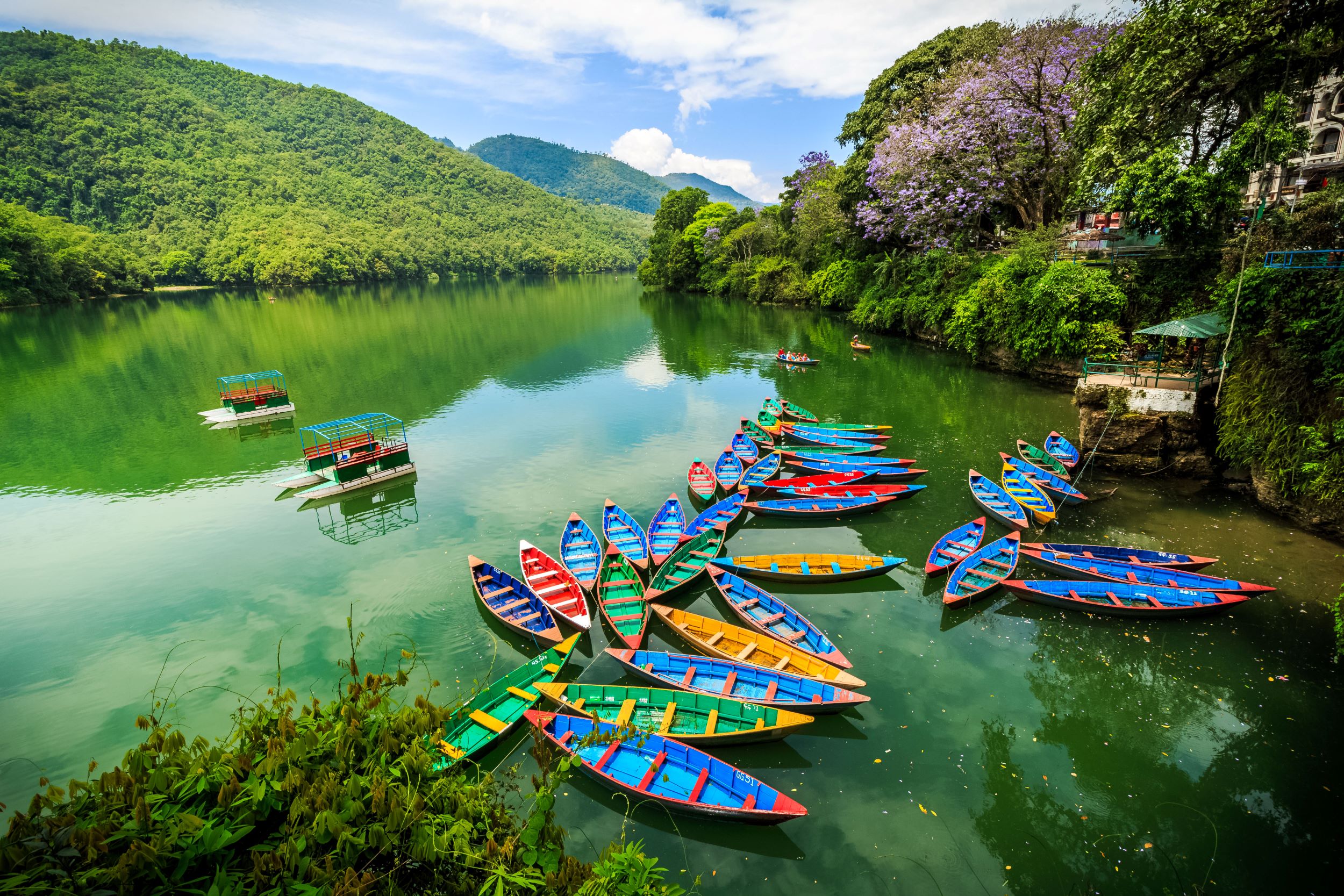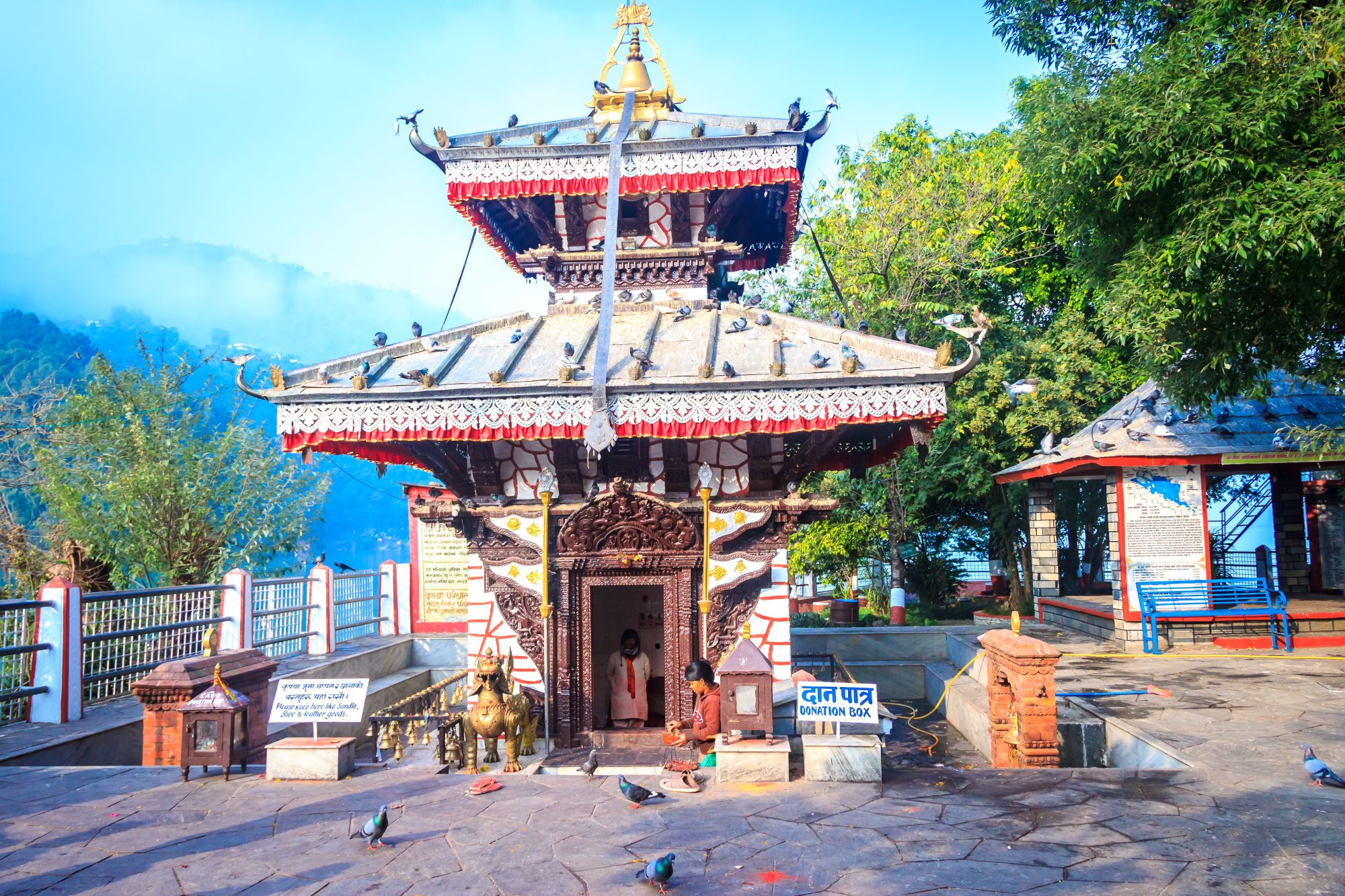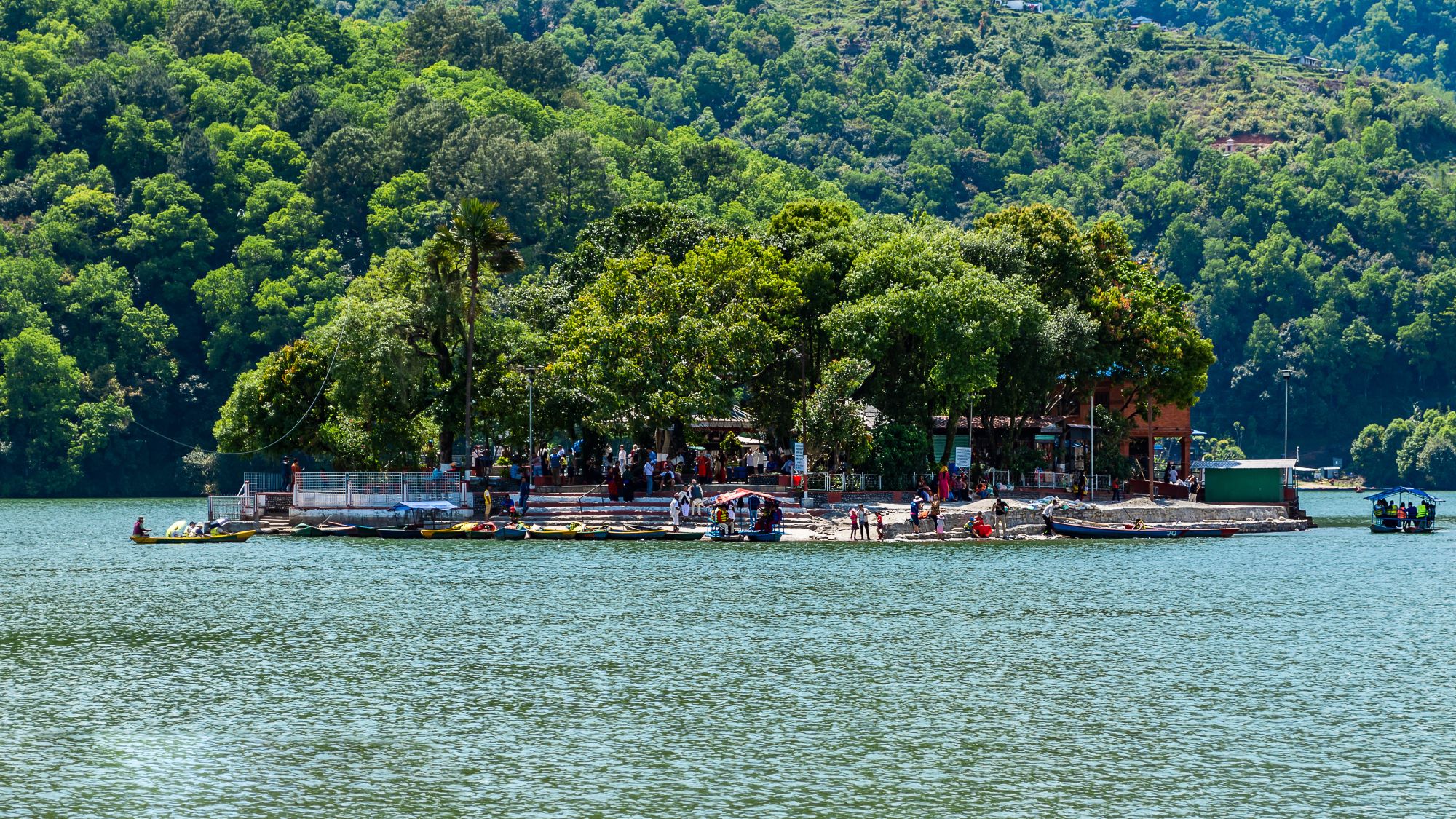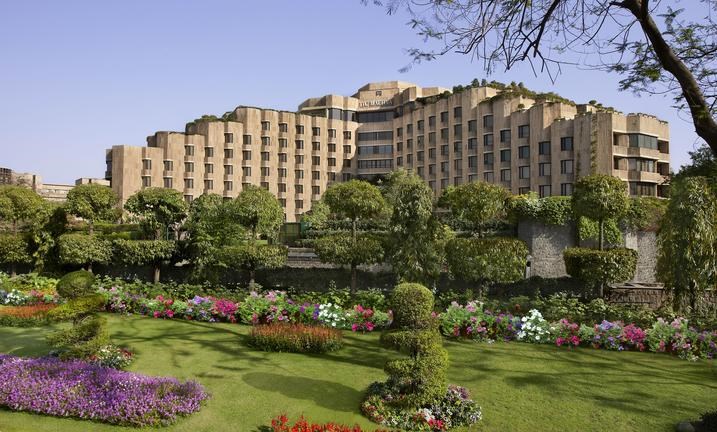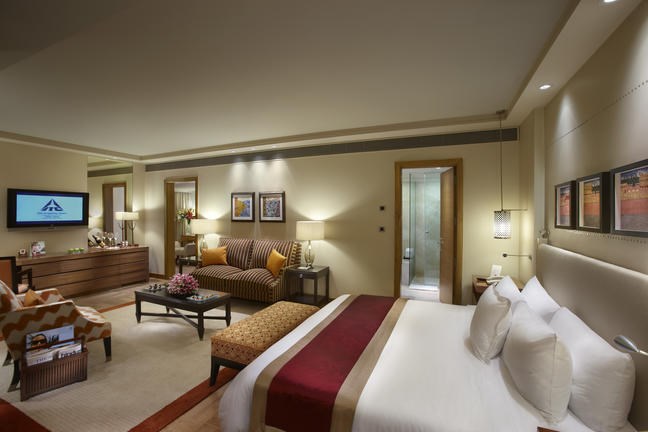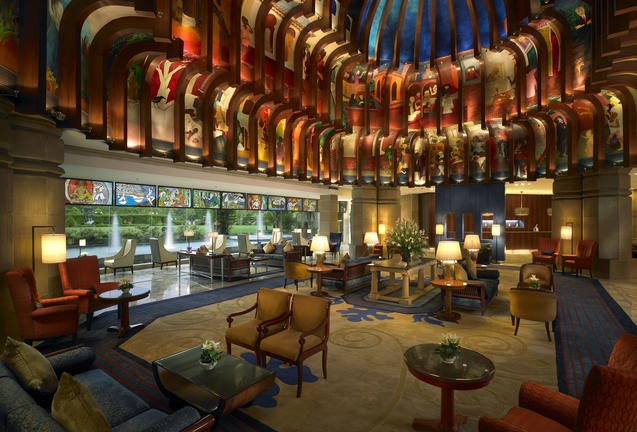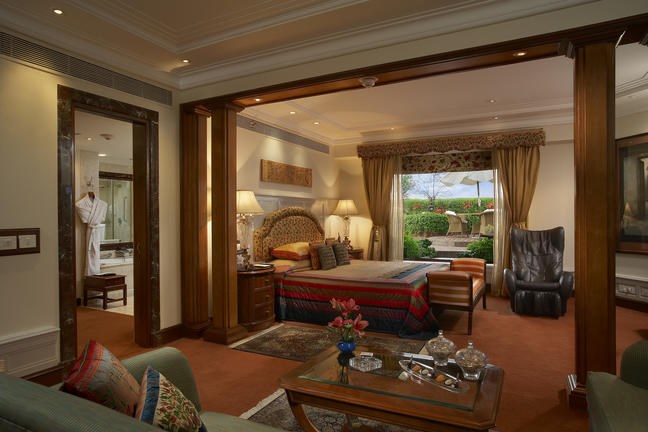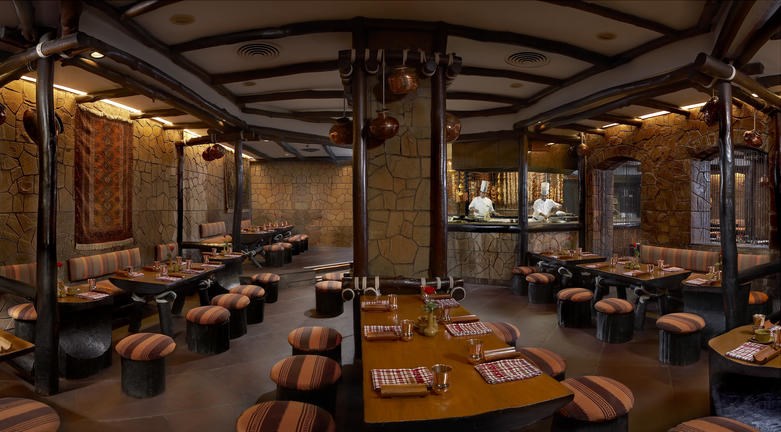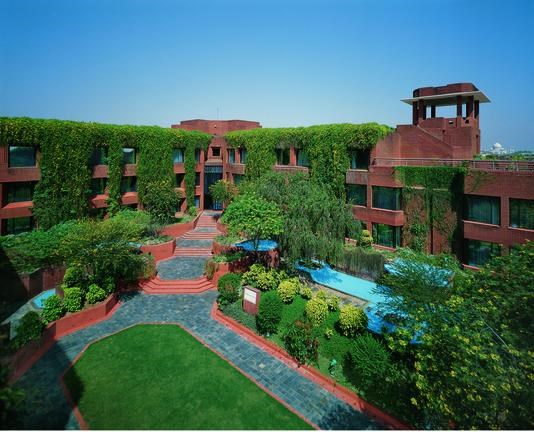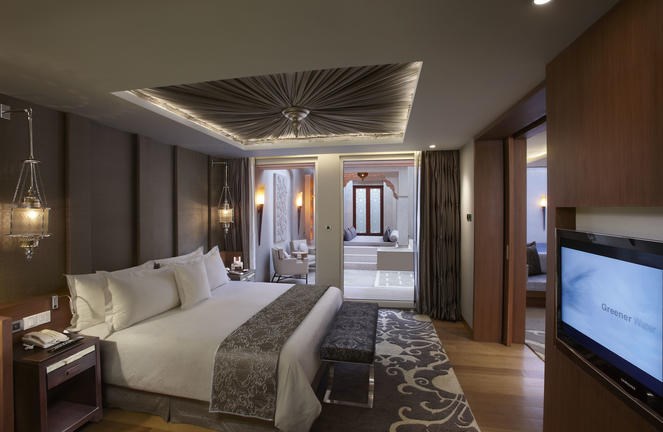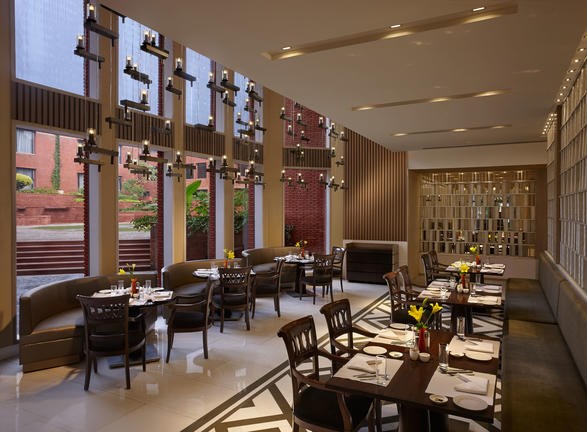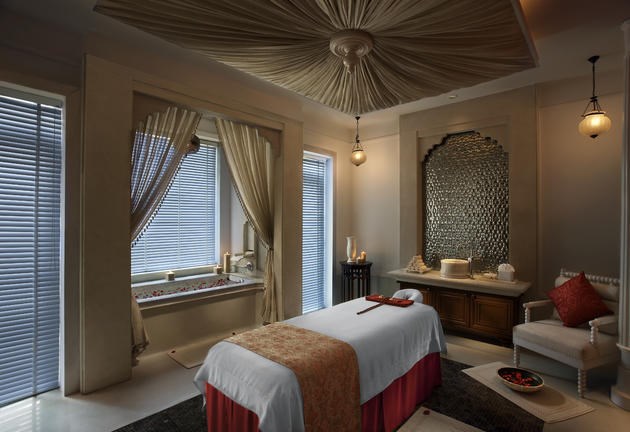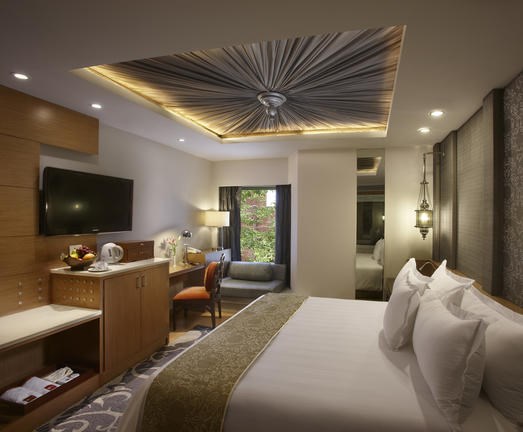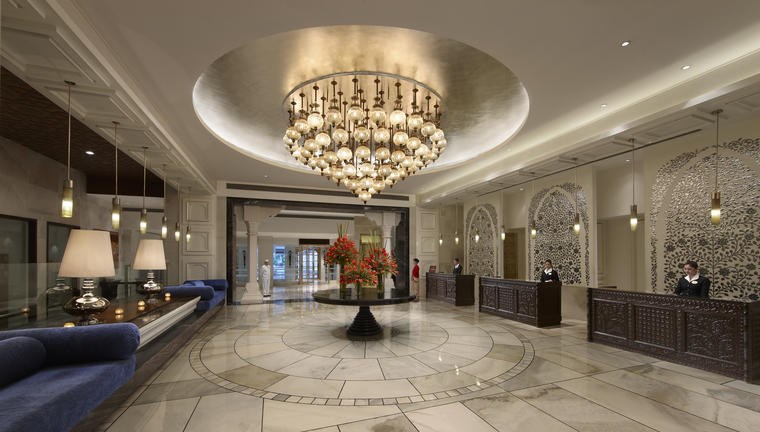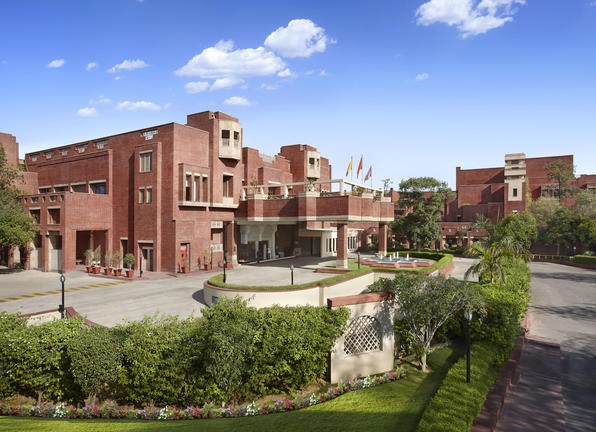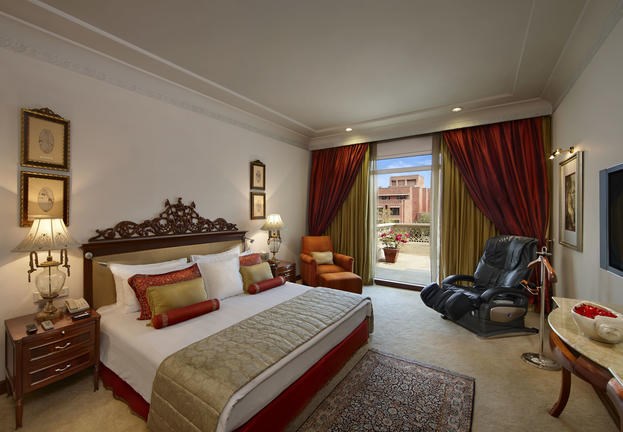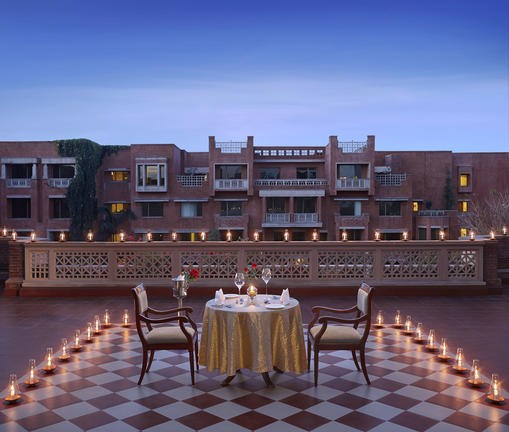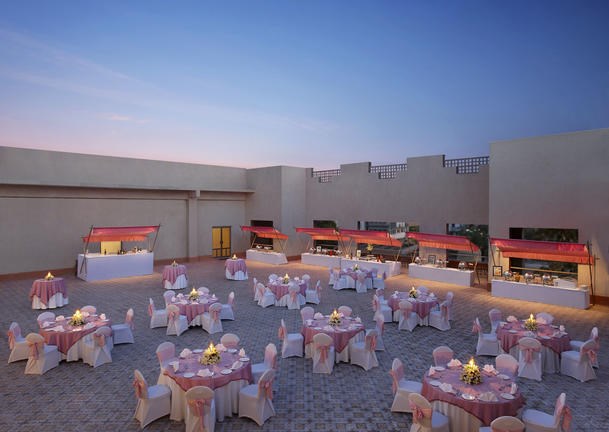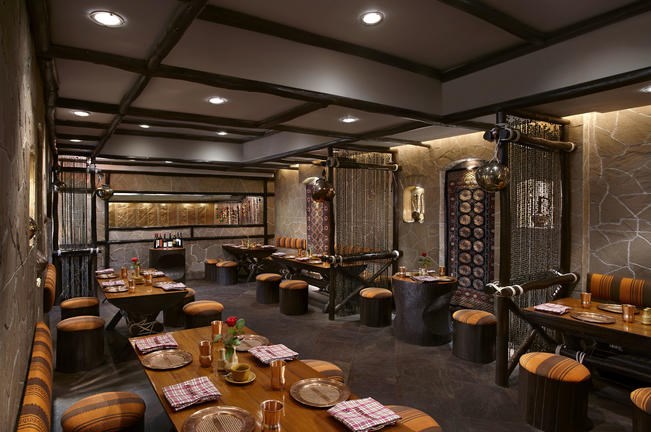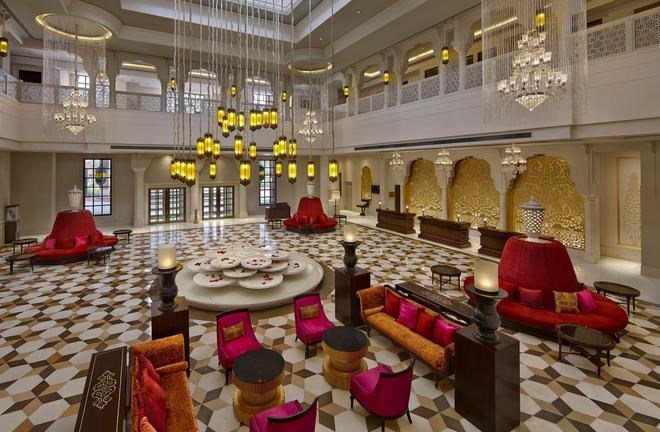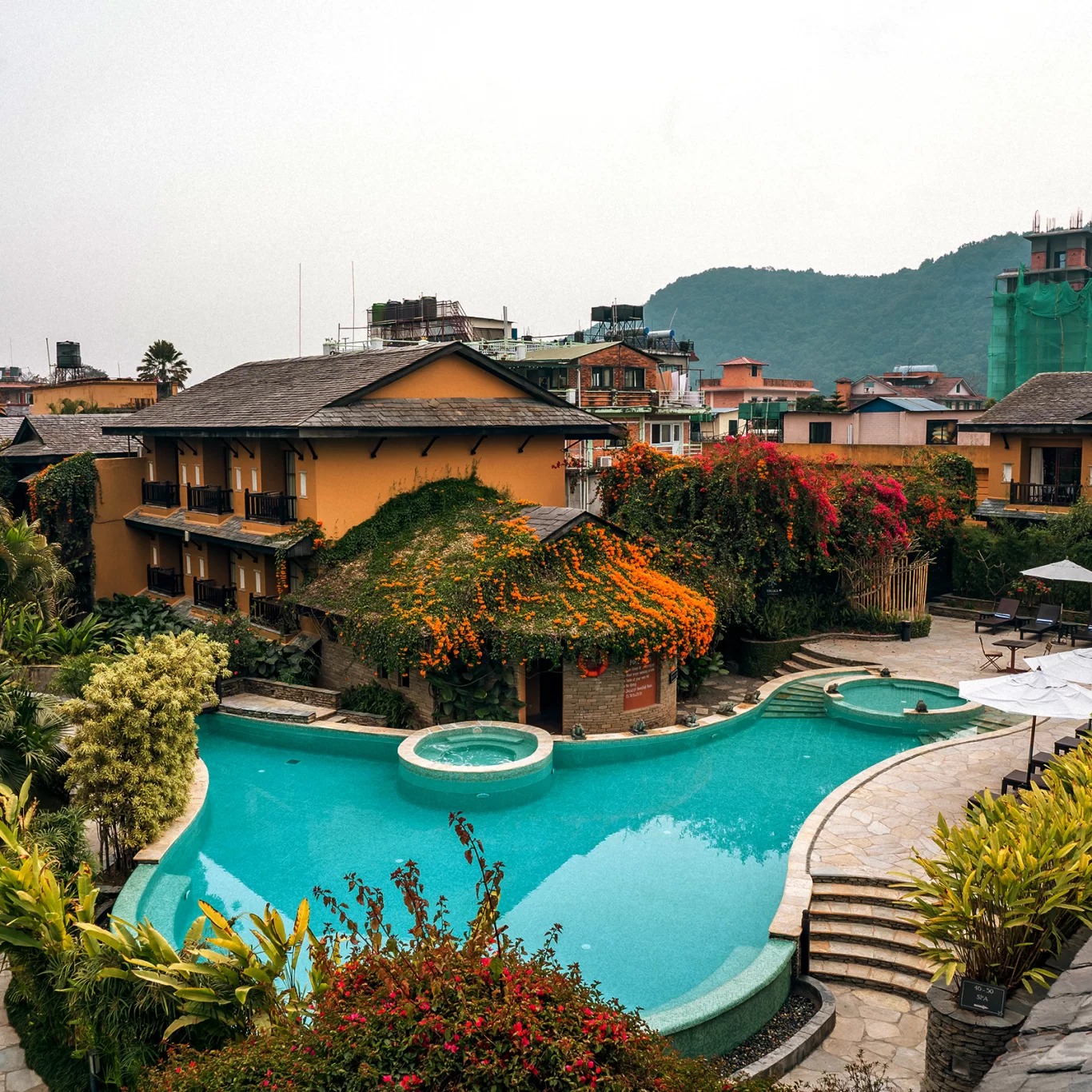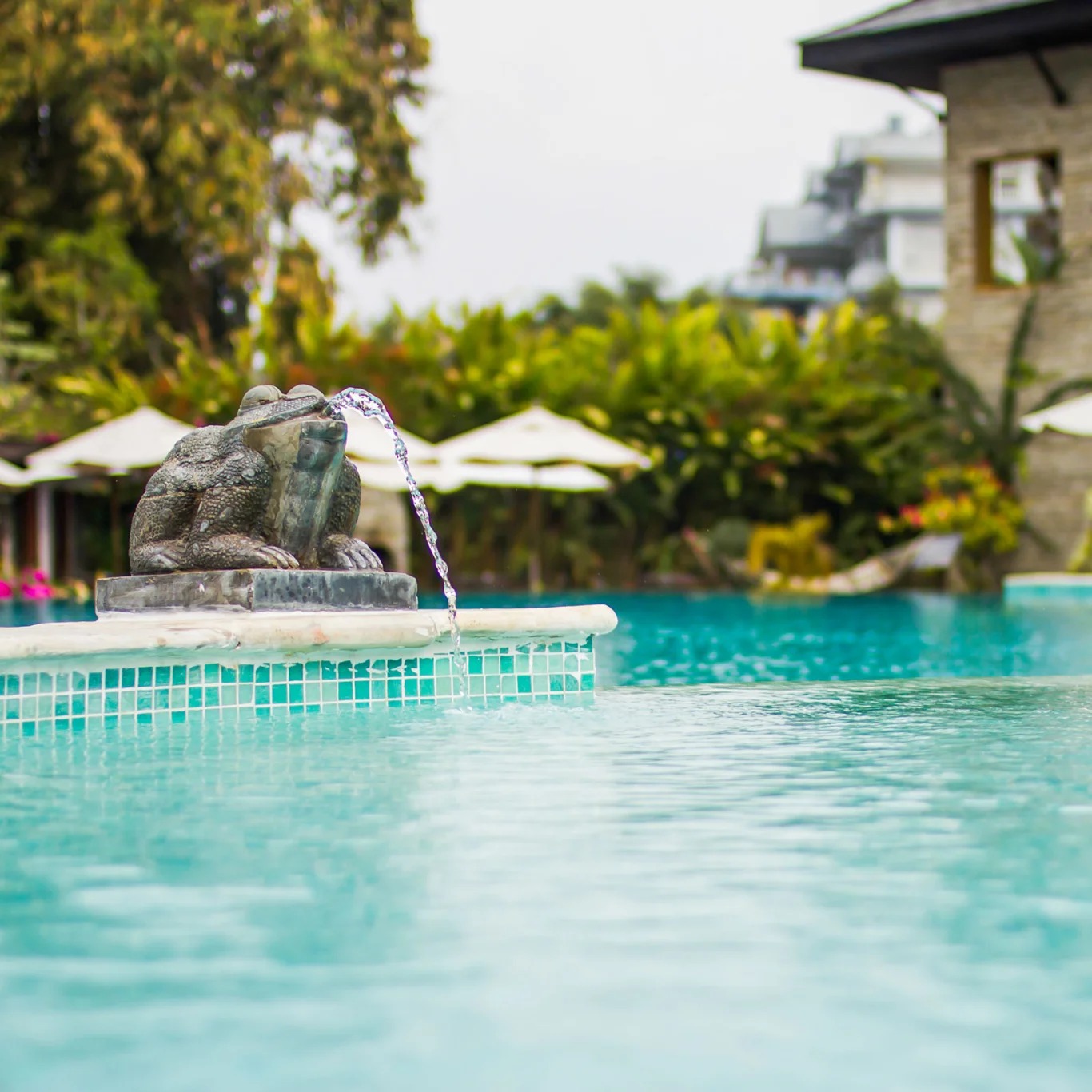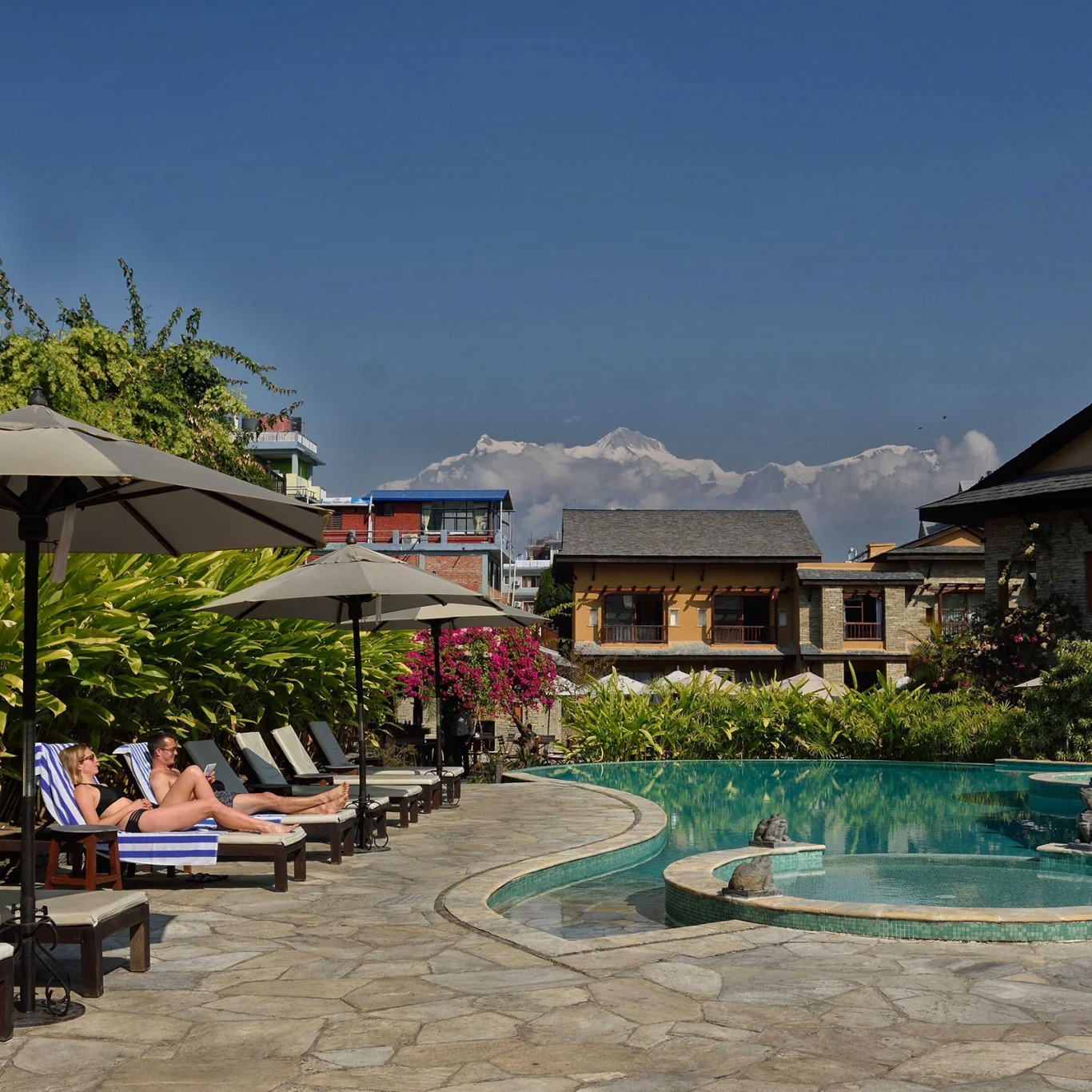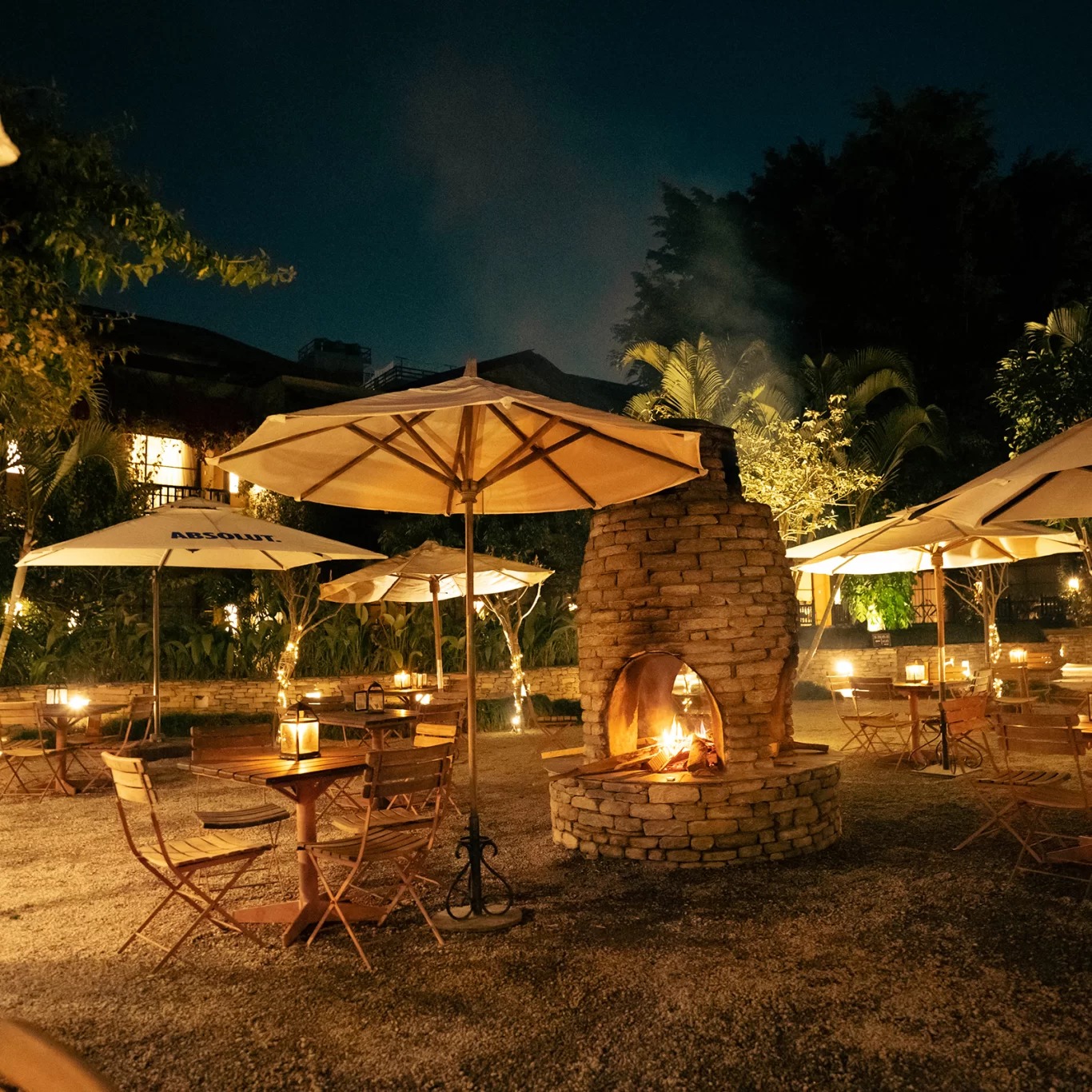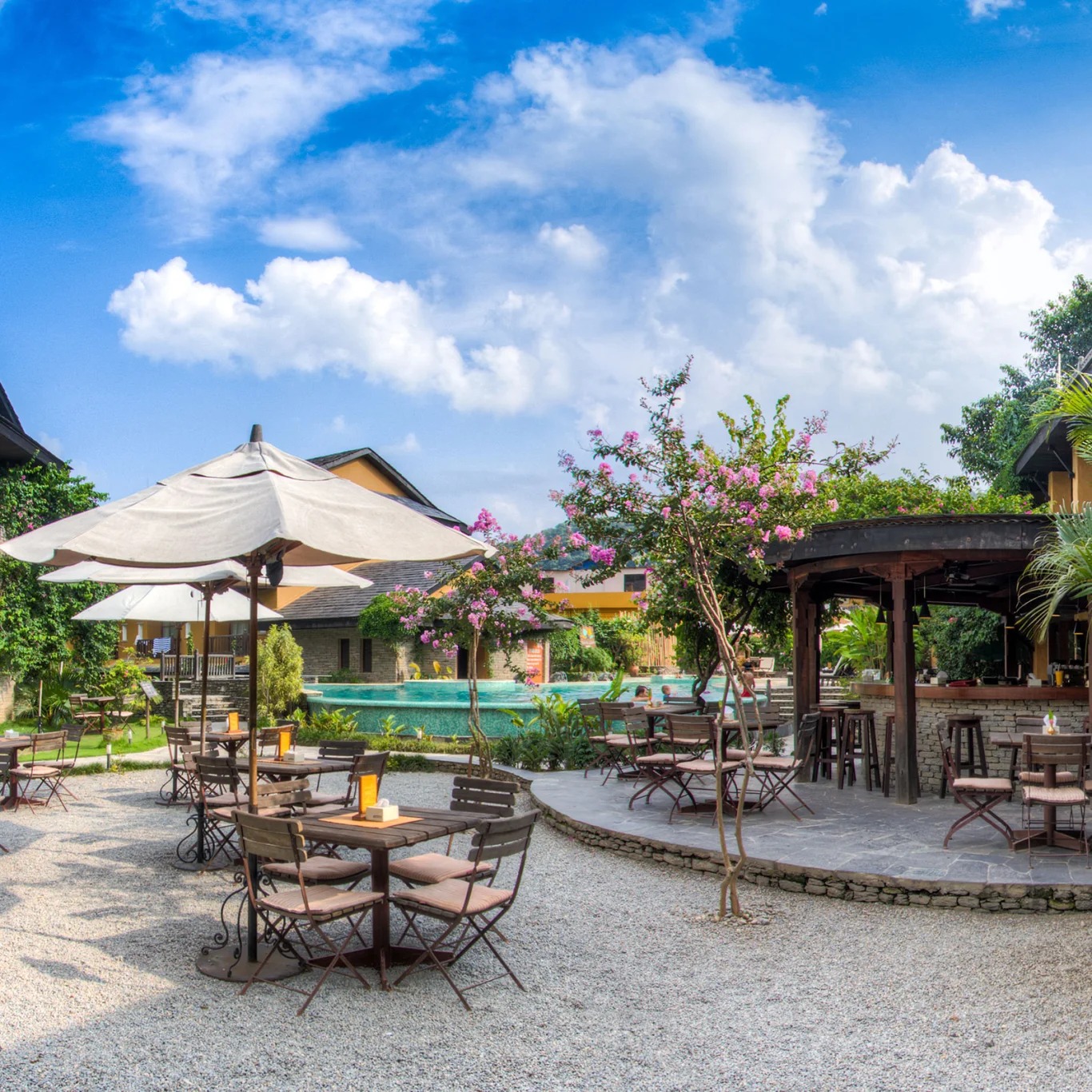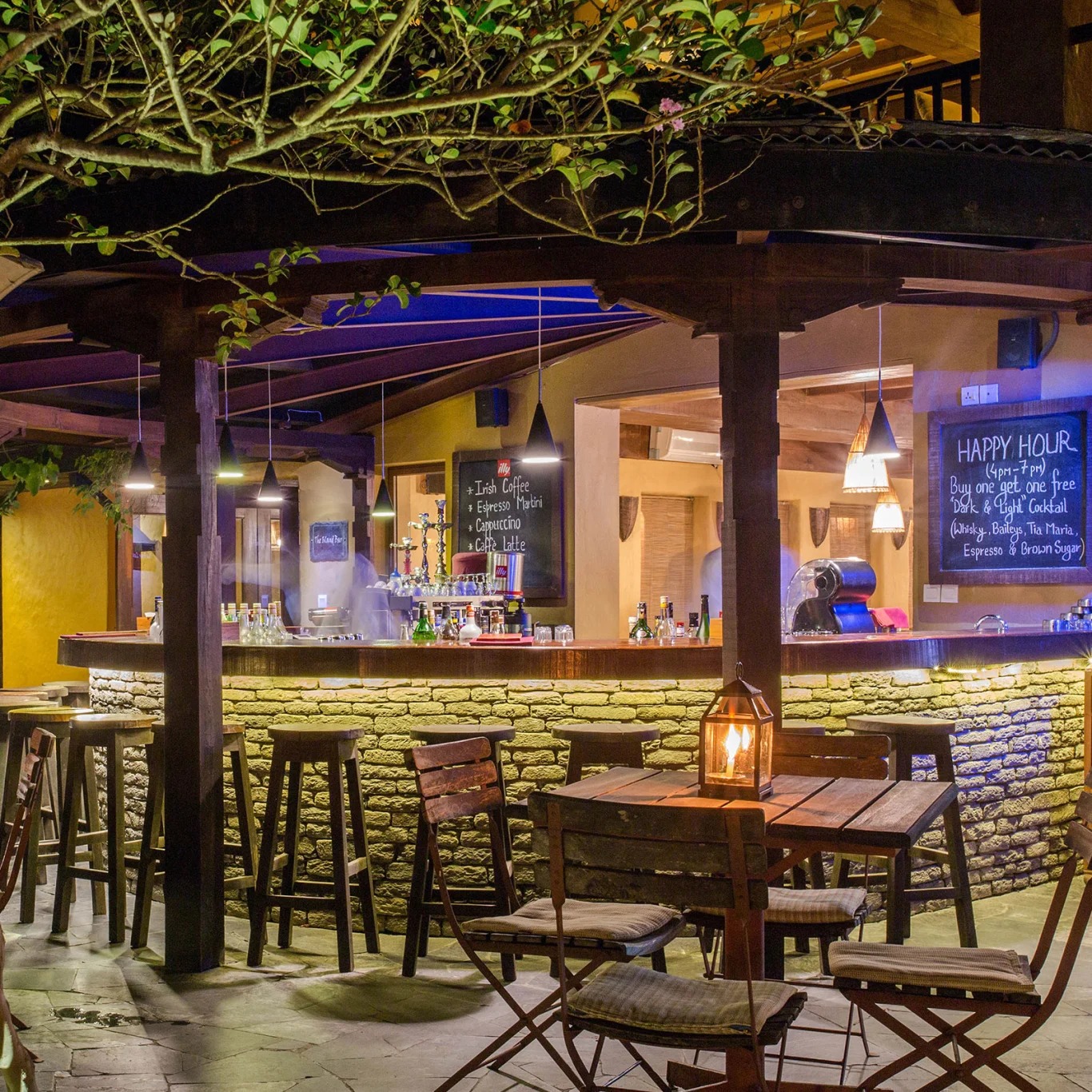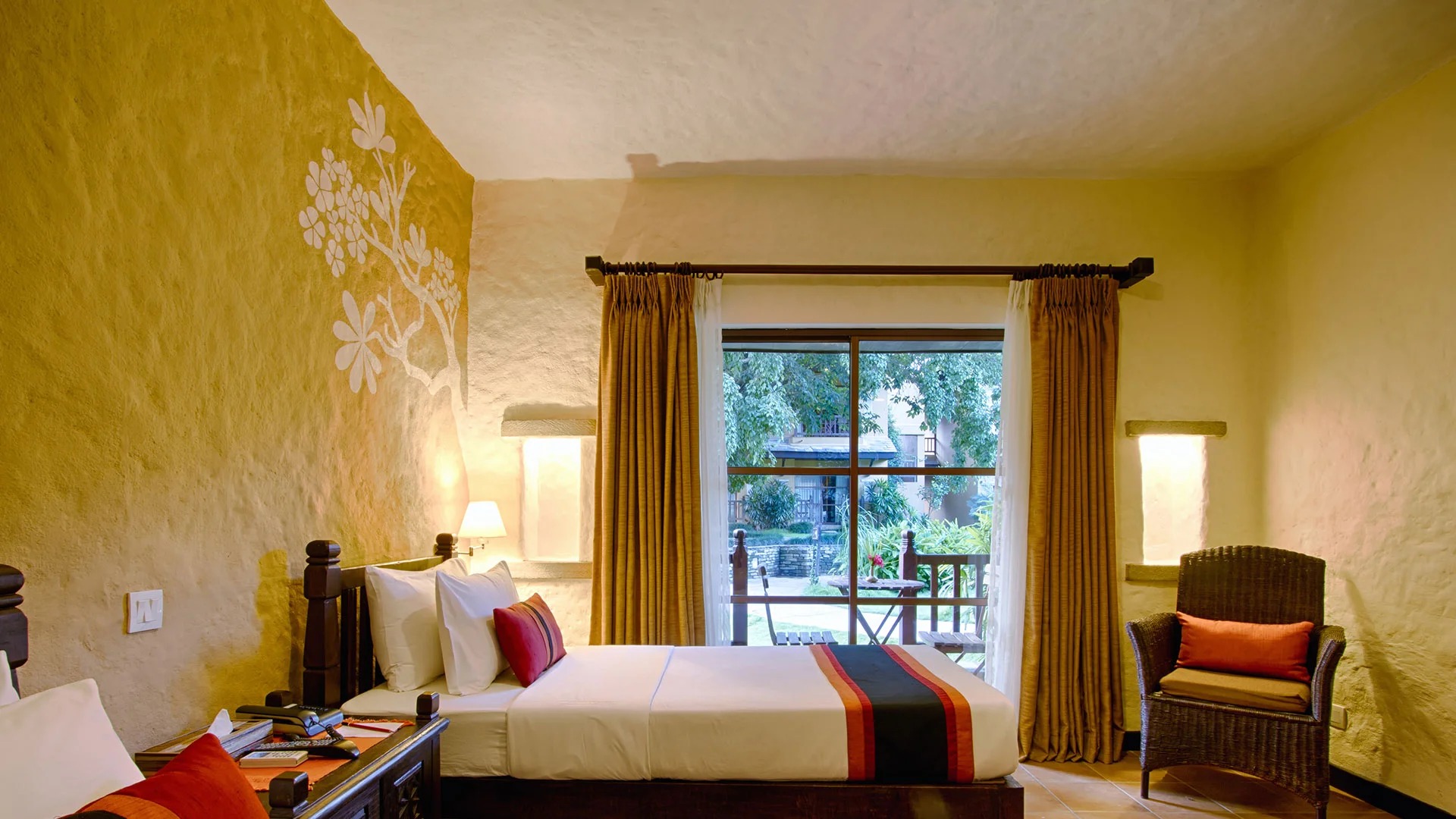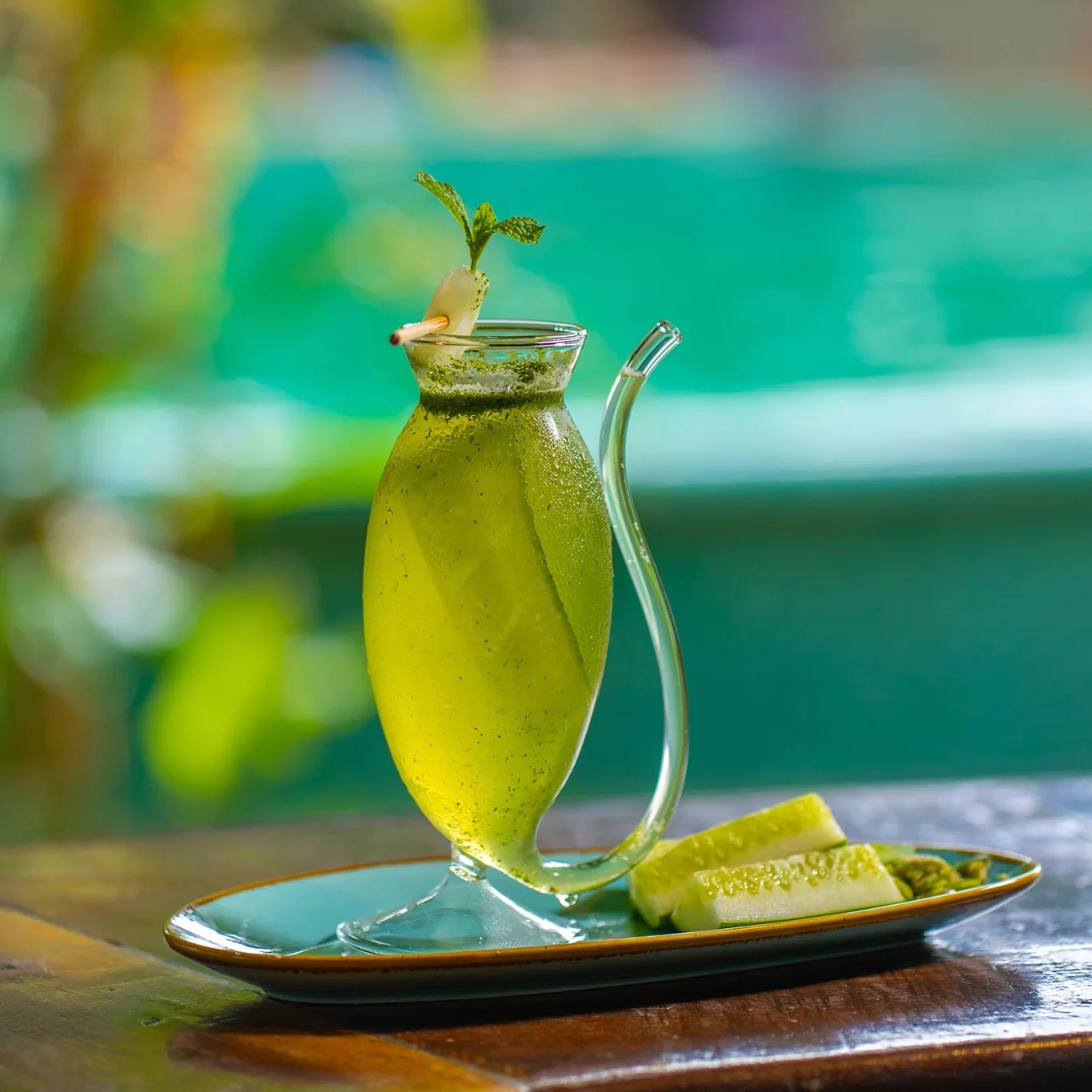Golden Triangle India with Nepal Tour
DAY 1: NEW DELHI
Namaste & welcome to India!
Arrive in Delhi and after having done all the formalities of immigration, baggage, and customs as you exit the arrival halls, you will be greeted by an Affordable Luxury Travel representative waiting to receive you with a placard bearing your name. You will then be assisted & transferred to your hotel for your check-in. Relax for the day.
Overnight at the hotel.
DAY 2: NEW DELHI
After breakfast, proceed for a tour of both Old and New Delhi The tour will begin with a visit to the Jama Masjid, one of Asia’s largest mosques. It was built in red sandstone and marble by more than 5000 artisans. Later visit Chandni Chowk, Asia's largest wholesale market, a massive area packed with shops, bazaars and people. Drive past the Red Fort, a UNESCO World Heritage Site, built by the Mughal emperor, Shah Jahan in 17th century. Also visit the Raj Ghat, a simple memorial to Mahatma Gandhi. After that, we will visit Humayun's Tomb. It was built in 1570 and is of particular cultural significance as it was the first garden-tomb on the Indian subcontinent. It inspired several major architectural innovations, culminating in the construction of the Taj Mahal. We will also drive past the India Gate, Parliament House, the Secretariat Buildings, and the Vice Regal Palace, now the official residence of the President of India.
Overnight is at the hotel.
DAY 3: AGRA
After a leisurely breakfast, you will be transferred to Agra in your private car (04 hrs approx) On arrival, you will be met and assisted with your check-in at the hotel Later, tour the majestic Agra Fort. Its walls and palaces are a silent witness to the rise and fall of the Imperial Mughal Empire and feature a variety of ingenious Islamic-inspired devices (some decorative, some more practical) within the fabric of the buildings. It is a citadel with marble palaces, ornate alcoves, and terrace pavilions.
Overnight is at the hotel.
DAY 4: JAIPUR
Wake up at the crack of dawn, to view the Taj Mahal at sunrise. Built-in the 17th century by the Mughal Emperor Shah Jehan for his beloved wife Mumtaz Mahal, the Taj took over 22 years and 20,000 men to build. The monument is truly a wonder of the world. After the tour, return to your hotel for breakfast After breakfast, check out and you will be transferred in your private vehicle to Jaipur (approx 4.5 Hrs). On arrival in Jaipur, you will be met and assisted with your check-in at the hotel and relax The colorful city of Jaipur is one of India's first planned cities. Bustling markets, historic buildings and hidden temples, and an oasis of peace set against the majestic backdrop of the Amer Fort make this a must-visit city in Rajasthan.
Overnight is at the hotel.
DAY 5: JAIPUR
In the morning, drive just outside Jaipur to the ancient capital of Amer to see the fabulous Amer Fort, en route stop for a photo stop at `The Palace of Winds, otherwise known as Hawa Mahal. After that, proceed to visit the City Palace, an overwhelming complex of exquisite palaces, gardens and courtyards, decorative art and carved doorways. The palace museum houses collections of rare manuscripts, armoury, costumes, carpets and miniature paintings. Walk to the adjacent Jantar Mantar or Astronomical Observatory made by the Maharaja of Jaipur in 18th century and is one of the five such astronomical wonders built by Sawai Jai Singh and makes accurate predictions even to this day.
Overnight at the hotel.
DAY 6: NEW DELHI
Morning is at leisure. Afternoon, check out and you will be transferred to Delhi in your private car (approx 05 hrs) On arrival, check in at the hotel and relax for the rest of the day.
Overnight is at the hotel.
DAY 7: KATHMANDU
Today in time transfer to Delhi airport to board the flight to Tribhuvan International Airport. Upon arrival meet and greet at the airport and transfer to hotel. Rest of the day at leisure.
Kathmandu is the capital of Nepal and the largest urban agglomerate of Nepal. The agglomerate consists of Kathmandu Metropolitan City at its core, and its sister cities Patan, Kirtipur, Thimi, and Bhaktapur. It also includes the recently recognized urban areas of Shankhapur, Karyabinayak, Champapur, Banepa, Dhulikhel and Panauti. According to a census conducted in 2011, Kathmandu metropolis alone has 975,453 inhabitants, and the agglomerate has a population of more than 2.5 million inhabitants. The city stands at an elevation of approximately 1,400 meters (4,600 ft) in the bowl-shaped Kathmandu Valley of central Nepal. It is surrounded by four major mountains: Shivapuri, Phulchoki, Nagarjun and Chandragiri.
Overnight stay at hotel in Kathmandu.
DAY 8: KATHMANDU
Breakfast: In the Hotel.
AM: Half day sightseeing tour of Swayambhunath & Durbar Square followed by visit to Patan Durbar Square
Swayambhunath: The most ancient and enigmatic of the Valley’s holy shrines the golden-spired stupa of Swayambhunath tops a wooded hillock. Records of its history date as far as the 5th century, but its origins are believed to be older. It is the Kathmandu Valley’s most sacred Buddhist shrine and whilst its worshippers include the Vajrayana Buddhists of northern Nepal and Tibet, Newari Buddhists are the most fervent devotees.
Kathmandu Durbar Square: Kathmandu’s number one tourist attraction swarms with life. Though a few of the square’s 50-plus monuments date from the 12th century, most are from the time of the Malla Kings. Probably the most famous building here is the Kumari Bahal, a building richly decorated with beautiful woodcarvings, which is home to the Royal Kumari, the Living Goddess, a manifestation of the great goddess Durga. Nearby the former Royal Palace is a Malla Dynasty dwelling, once considerably more extensive than today. Within the courtyard of Nassal Chowk, dramatic dance performances were originally hosted, is the past coronation site of the Shah kings and contains some of the finest wood carvings you will see anywhere in the kingdom.
Afternoon visit Patan Durbar Square: Durbar Square (World Heritage Site), an enchanting mélange of palace buildings, courtyards and pagoda temples, is the centre of Patan's religious and social life. An entrance tickets entitles you to visit the palace and other sites in Patan like Oku Bahal, Mahabouddha, Kumbheswar and Achheswar Mahavihar.
Patan Heritage Tour: The 2,000-year-old city of Patan is situated 3 km south of Kathmandu across the Bagmati river. The following itinerary has been developed by Lalitpur Sub-Metropolitan City. The tour starts at Naka Bahi, a Buddhist courtyard with shrines, rest houses and a dance platform. Then on to Nyakha Chuka which means “five-house courtyard” in reference to the way alternate houses in a row have been recessed so that five are forward and five are set back. Your next stop is Naga Bahal (serpent courtyard), an important Buddhist site with a profusion of shrines. Swatha Square offers a number of beautiful shrines and traditional architecture. Walk on to Tum Baha, a Buddhist courtyard with a temple at its center, and then to Kwalkhu which is notable for its 16th-century temple of Ganesh. Ambling into Chyasal, you will find artistic rest houses and stone water spouts. An image of Goddess Gajalakshmi here is dated first century AD which makes it one of the oldest shrines in Nepal. Walk back to Khapinchhe and its magnificent temple and ancient water tanks, and then take a left to Chapat where there is a muchrevered Ganesh temple. Your next stop is the courtyard of Su Baha which is believed to have been constructed over a cremation ground. Bhinchhe Baha is another Buddhist courtyard famed for stone carving, and Dupat has an age-old community building which is still used for functions. Turn right and walk on to Nugah, your final destination, which is notable for its stone water spouts.
Overnight stay at hotel in Kathmandu.
DAY 9: KATHMANDU
Morning visit to Bhaktapur Durbar Square
Bhaktapur Durbar Square: Bhaktapur, though it lies only at the distance of 13 km to the east from the capital city, Kathmandu, one can have an opportunity to experience a different world, a world full of vibrant cultures, colourful festivals, generation old craftsmanship, and on top of that the very worth experiencing indigenous lifestyle – still preserved old houses, still practiced traditional ways of welcoming guests, still practiced culinary art.
Also visit Bouddhanath: This great stupa is one of Nepal’s most distinctive monuments and one of the most important Buddhist sites in Nepal and, with a diameter of over 100 meters, amongst the largest in the world. There are a number of legends accounting for the stupa’s construction, but it is generally believed to date from the 5th century. All stupas contain holy relics and Boudha is said to contain the remains of the past Buddha Kasyapa. Bouddha is a particular focus for Kathmandu’s Tibetan community and throughout the day there is a constant stream of people circling the stupa spinning prayer wheels and reciting mantras. Surrounding the stupa are six major monasteries and a host of smaller ones as well as cafes, restaurants and shops selling Tibetan carpets and Newari silversmiths.
Visit Monastery for interaction with the Lama in Bouddhanath. The Blessings generally sought include the following: (Subject to availability of Lama)
House/Land Blessing : Promotes the health, peacefulness, and productivity of house and land.
Blessing of Children : Promotes the safety, health and auspicious development of children.
Anniversary Blessing : Commemorates an event or special occasion.
Pet Blessing : Blessing for the sentient beings that people adopt as a loving part of their lives.
Later visit to Pashupatinath: This is Nepal’s most sacred Hindu shrine and one of the subcontinent’s great Shiva sites. The supreme holiness of the site stems from the Shiva lingam enshrined in its main temple and its location. It expresses the very essence of Hinduism as pilgrims, priests, devotes, temples, ashrams, images, inscriptions and cremation Ghats intermingle with the rituals of daily life, all sprawled along the banks of the sacred Bagmati River. The temple’s origins are obscure, an inscription dates from 477, but a shrine may have stood here for 1000 years before that.
Sadhus in Hinduism are wandering holy men or monks revered for being good. Many Sadhus are also Yogis who are practitioners of meditation. They have chosen a life away from or at least on the edges of normal society to focus on their own spiritual practice. Talking with a Sadhu is said to either be wildly confusing or deeply insightful. Either way being able to speak Hindi is a huge advantage in deciphering what they are saying. However, a few Sadhus do understand more English than you might at first have guessed. Sadhu's are peaceful and do not have any possessions.
Later enjoy the enchanting Aarti ceremony at the bank of Bagmati.
Pashupatinath Temple is regarded as one of the holiest shrines of Hindus across the world. Priests and devotees perform daily ritual worships and offer prayers at the temple in the morning, day and evening time. The evening ‘Aarti’ at the banks of Bagmati river on the eastern side of the temple draws people in hordes. This evening rituals with a band singing hymns in praise of god, playing of classical instruments, chanting of Vedic mantras, ringing of bells, burning of incense, and lighting of oil lamps, keep the people spellbound throughout. The ritual makes the evening environment dazzling. The Aarti is performed at 6 pm every day. The attendees experience a blissful moment.
Overnight stay at hotel in Kathmandu.
DAY 10: KATHMANDU-POKHARA
After breakfast drive to Pokhara. Upon arrival check-in at hotel. Rest of the afternoon/evening at leisure.
Pokhara is a place of remarkable natural beauty. The enchanting city has several beautiful lakes and offers stunning panoramic views of Himalayan peaks. The serenity of the lakes and the magnificence of the Himalaya rising behind them create the ambience that has made Pokhara such a popular place to relax and enjoy the beauty of nature. Tourism focuses on the districts of Dam side and Lakeside (or Pardi and Baidam, in Nepali, respectively).
Overnight stay at hotel in Pokhara.
DAY 11: POKHARA
Breakfast: In the hotel. Early morning enjoy the beautiful view of the changing colours of the Himalayas at the time of sunrise from the resort. After breakfast, start the hike to Sarangkot through the beautiful countryside villages.
Sarangkot is the most popular tourist destination from where the tourist can enjoy the great view of the Pokhara valley and the magnificent view of the mountains at the time of sunrise. Sarangkot is only 5 km from Lake Side. Sarangkot is the highest view point for a sunrise and it is just 1592m high. Sarangkot is 5 degrees cooler than Pokhara. Pick up from Sarangkot and drive to Pokhara. One-hour boating at Fewa Lake. One hour free at the Lakeside for shopping or exploring. Drive back to the resort. Enjoy the beautiful view of Sunset over the Himalayas
Overnight stay at hotel in Pokhara.
DAY 12: POKHARA-KATHMANDU
After breakfast drive to Kathmandu. Upon arrival check-in at hotel. Rest of the afternoon/evening at leisure.
Overnight stay at hotel in Kathmandu.
DAY 13: DEPARTURE
Breakfast at hotel. Transfer to Tribhuvan International Airport to board your flight back home.
- 30% Savings Applied
- 2025, 2026 & 2027 bookings on SALE now
- Minimum deposit starts from £399pp
- Return flights from London
- Internal flight included
- Meeting and assistance on arrival/departure at the airport
- Transfers from the airport to hotel and vice-versa
- Sightseeing, excursion and Surface travel as per program
- 12 night’s accommodation at the below-mentioned hotels / similar
- All transfers and sightseeing using Air-conditioned Toyota Crysta vehicle as per the itinerary in India
- Services of English-Speaking Local guide for at all places (different guide in each city) in India
- Entrance at the places of visit (Subject to change) in India
- Rickshaw ride in Old Delhi on sharing basis in India
- Services of English-Speaking Local guide will be provide as per the program in Nepal
- All transfers and sightseeing using Air-conditioned Car as per the program in Nepal
- ITINERARY IN BRIEF
- 2 Nights stay at 5* ITC Maurya, a Luxury Collection Hotel, New Delhi - Executve Club Room - Bed & Breakfast
- 1 Night stay at 5* ITC Mughal, a Luxury Collection Resort & Spa, Agra - Mughal Room - Bed & Breakfast
- 2 Nights stay at 5* ITC Rajputana, a Luxury Collection Hotel, Jaipur - Executive Club Room - Bed & Breakfast
- 1 Night stay at 5* ITC Maurya, a Luxury Collection Hotel, New Delhi - Executive Club Room - Bed & Breakfast
- 3 Nights stay at 5* The Soaltee Kathmandu - Executive Room - Bed & Breakfast
- 2 Nights stay at 5* Temple Tree Resort & Spa, Pokhara - Deluxe Room - Bed & Breakfast
- 1 Night stay at 5* The Soaltee Kathmandu - Executive Room - Bed & Breakfast
- While we aim to secure listed hotels, availability may vary. In such cases, similar standard hotels will be arranged for a seamless stay.
|
12 Nights
|
||
| 10 - 30 April | £2,339 pp | Enquire |
| 01 - 31 May | £2,519 pp | Enquire |
| 01 - 30 June | £2,299 pp | Enquire |
| 01 - 31 July | £2,459 pp | Enquire |
| 01 - 31 August | £2,539 pp | Enquire |
| 01 - 30 September | £2,369 pp | Enquire |
| 01 - 31 October | £2,689 pp | Enquire |
| 01 - 30 November | £2,649 pp | Enquire |
| 01 - 10 December | £2,759 pp | Enquire |
| 11 - 31 December | On Request | Enquire |
|
12 Nights
|
||
| 01 - 14 January | On Request | Enquire |
| 15 - 31 January | £2,699 pp | Enquire |
| 01 - 28 February | £2,829 pp | Enquire |
| 01 - 25 March | £2,699 pp | Enquire |
| 01 - 09 April | On Request | Enquire |
| 10 - 30 April | £2,729 pp | Enquire |
| 01 - 31 May | £2,859 pp | Enquire |
| 01 - 30 June | £2,659 pp | Enquire |
| 01 - 31 July | £2,799 pp | Enquire |
| 01 - 31 August | £2,759 pp | Enquire |
| 01 - 30 September | £2,739 pp | Enquire |
| 01 - 31 October | £3,069 pp | Enquire |
| 01 - 30 November | £3,029 pp | Enquire |
| 01 - 10 December | £3,239 pp | Enquire |
| 11 - 31 December | On Request | Enquire |
|
12 Nights
|
||
| 01 - 14 January | On Request | Enquire |
| 15 - 31 January | £3,129 pp | Enquire |
| 01 - 28 February | £3,219 pp | Enquire |
| 01 - 25 March | £3,059 pp | Enquire |
| 01 - 09 April | On Request | Enquire |
| 10 - 30 April | £3,099 pp | Enquire |
| 01 - 31 May | £3,249 pp | Enquire |
| 01 - 30 June | £3,019 pp | Enquire |
| 01 - 31 July | £3,169 pp | Enquire |
| 01 - 31 August | £3,129 pp | Enquire |
| 01 - 30 September | £3,099 pp | Enquire |
| 01 - 31 October | £3,489 pp | Enquire |
| 01 - 30 November | £3,429 pp | Enquire |
| 01 - 10 December | £3,669 pp | Enquire |
| 11 - 31 December | On Request | Enquire |
- Bar
- Restaurants
- Spa
- Business Centre
- 24-hour front desk
- Free WiFi
- Garden
- Outdoor Pools
- Safe location
- Air conditioned
- Bar
- Restaurants
- Spa
- Business Centre
- 24-hour front desk
- Free WiFi
- Outdoor Pools
- Safe location
- Air conditioned
- Bar
- Restaurants
- Spa
- Business Centre
- 24-hour front desk
- Free WiFi
- Safe location
- Air conditioned
- Bar
- Restaurants
- Spa
- Business Centre
- 24-hour front desk
- Free WiFi
- Garden
- Outdoor Pools
- Safe location
- Air conditioned
- Pool
- Gym
- Restaurants
- Spa
- Bar/lounge
- Barbecue grill(s)
- Concierge services
- Free WiFi
- Outdoor Pools
- Sauna
- Kid's Club
- Evening entertainment
- Gym
- Bar
- Restaurants
- Spa
- 24-hour front desk
- Bar/lounge
- Car Park
- Concierge services
- Free WiFi
- Sauna
- Safe location
- 24 hour room service
- Air conditioned
- Pool
- Gym
- Restaurants
- Spa
- Bar/lounge
- Barbecue grill(s)
- Concierge services
- Free WiFi
- Outdoor Pools
- Sauna
- Kid's Club
- Evening entertainment
- We will visit Humayun's Tomb. It was built in 1570 and is of particular cultural significance as it was the first garden-tomb on the Indian subcontinent
- We will also drive past the India Gate, Parliament House, the Secretariat Buildings, and the Vice Regal Palace, now the official residence of the President of India
- The tour will begin with a visit to the Jama Masjid, one of Asia’s largest mosques
- The Red Fort, a UNESCO World Heritage Site, built by the Mughal emperor, Shah Jahan in 17th century
- The Taj took over 22 years and 20,000 men to build. The monument is truly a wonder of the world
- The colorful city of Jaipur is one of India's first planned cities
- The palace museum houses collections of rare manuscripts, armoury, costumes, carpets and miniature paintings
- Nepal’s capital city serves as the departure point for treks into the Himalayas, including Mount Everest and Annapurna, and as a result is a major travel and tourism hub
- Its proximity to these world-class hiking trails, the city also features many charms of its own, including an exquisite setting amidst snow-covered mountain peaks, friendly locals, several UNESCO World Heritage Sites and a series of ornate stone temples dating back hundreds of years
- In the evening proceed for the sightseeing tour of Bouddhanath which was built in the 14th century is possibly the world’s largest Buddhist Stupa
- The sky piercing temple of Taleju and the statue of Yogendra Malla, Krishna Mandir, Sati Temple, Hiranya Varna Mahabiar (the golden temple), and Mahabouddha with views of old carved wooden windows through the streets, curios shop and Bazaars
- A local shop that specializes in sound healing therapy from handmade Tibetan bowls
- The vibrations of the bowls are said to cure headaches, back pain, stress and insomnia! The quick sound healing session took less than 5 minutes and was free
- The tranquil valley (827m) on the laps of the mighty Annapurna Himalaya Range
- Phewa Lake is the second largest lake in Pokhara, the lake bordering the forested hill
- The view of Fishtail and other mountains reflected in the lake
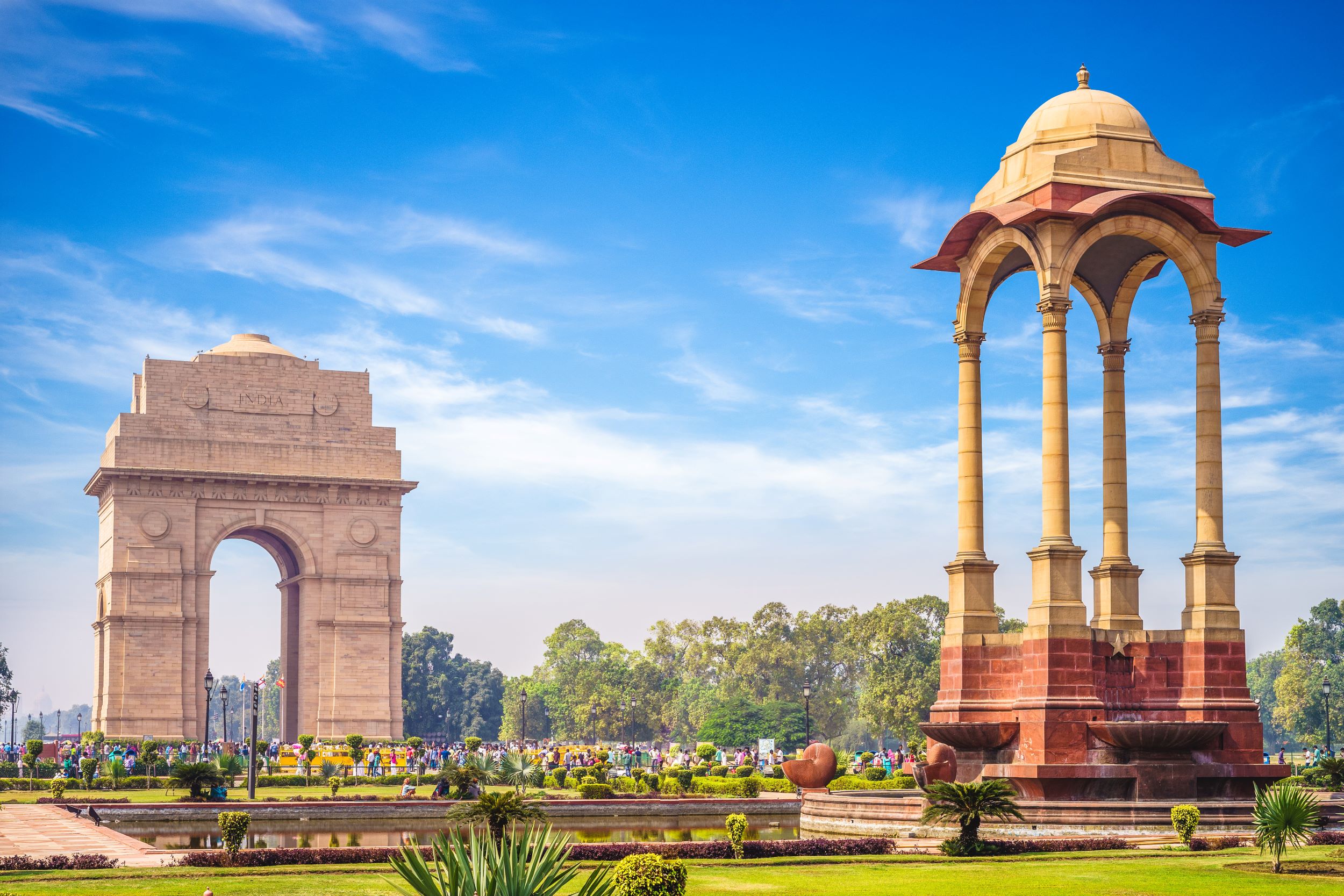
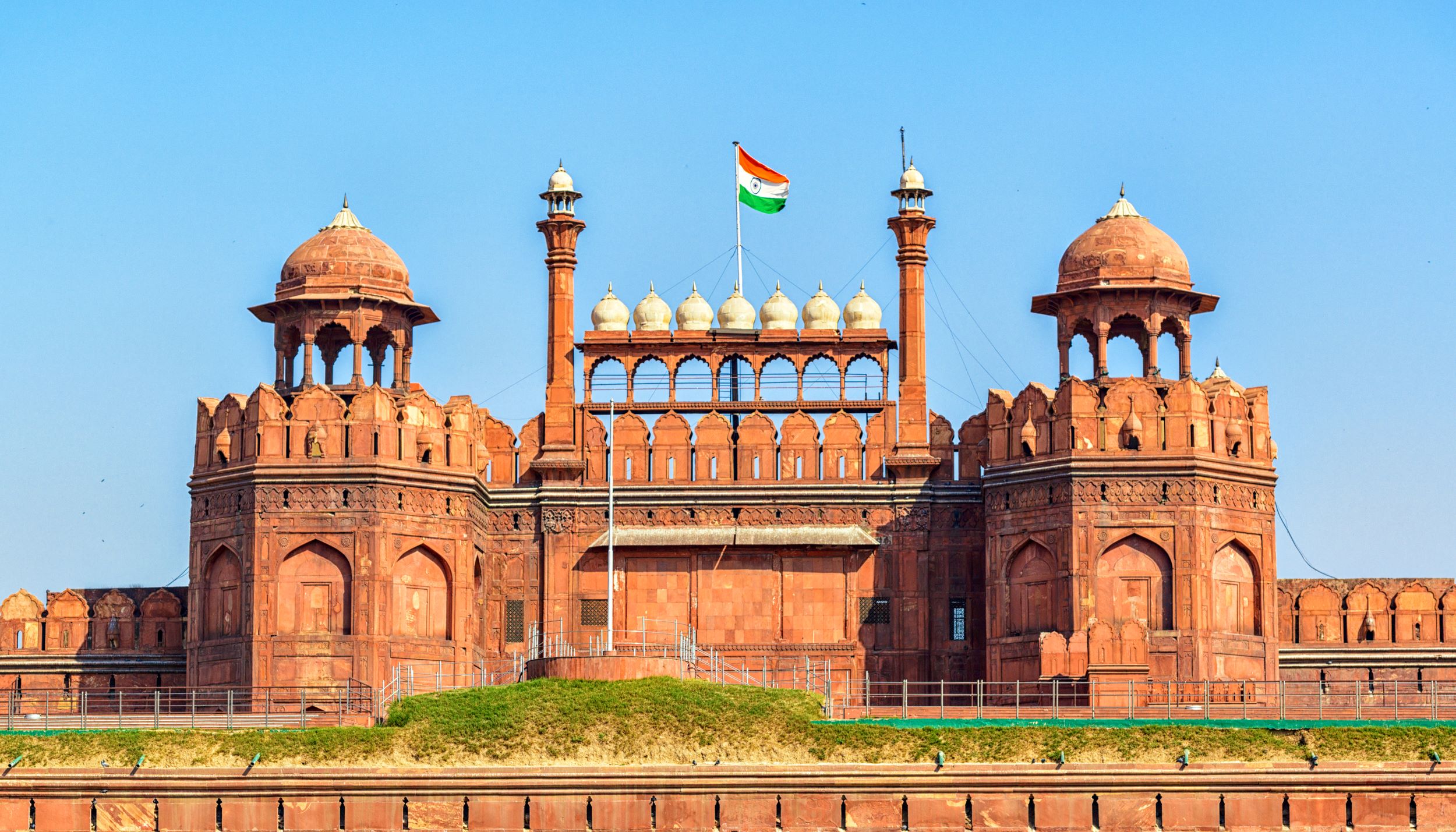
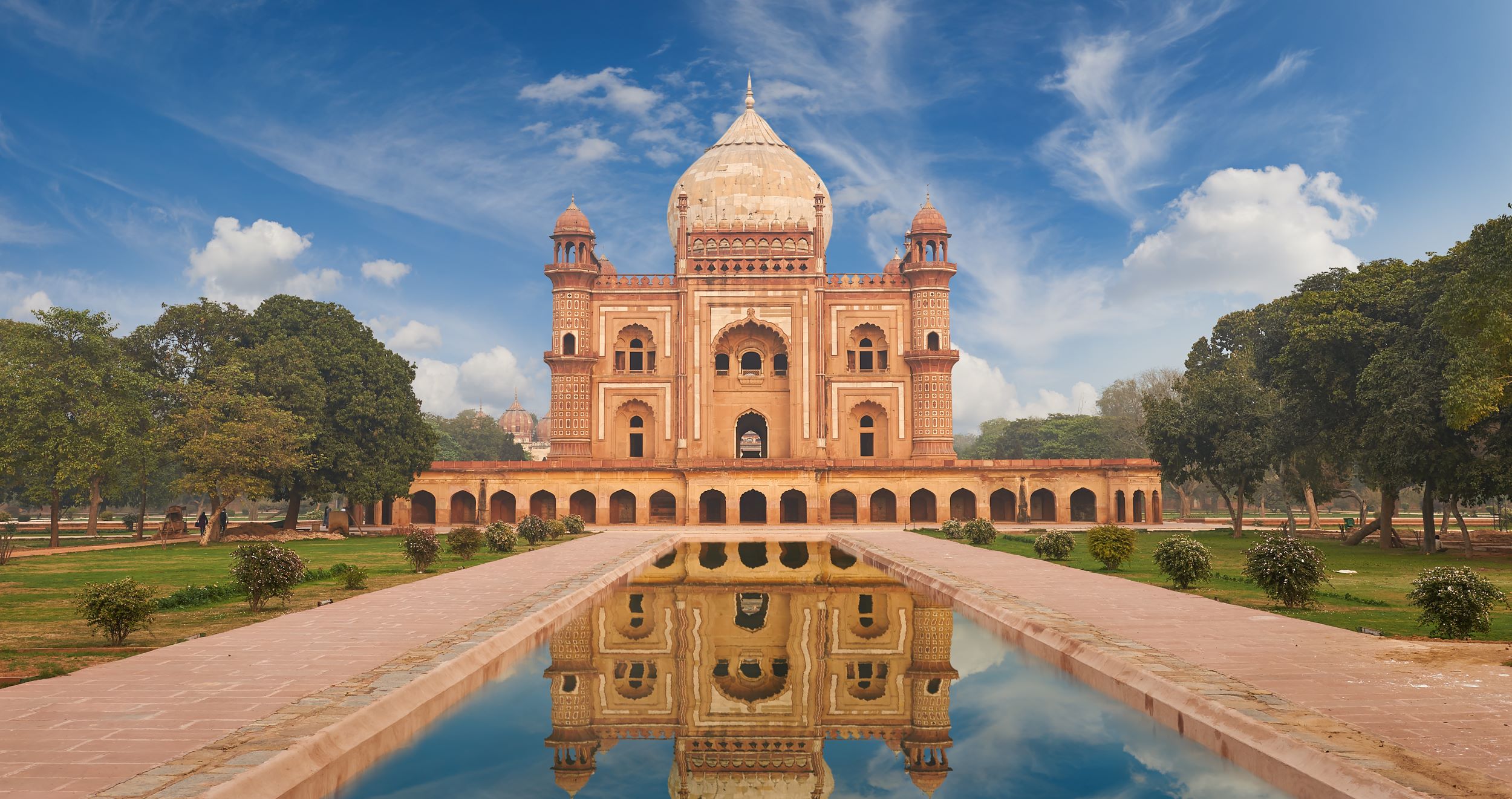
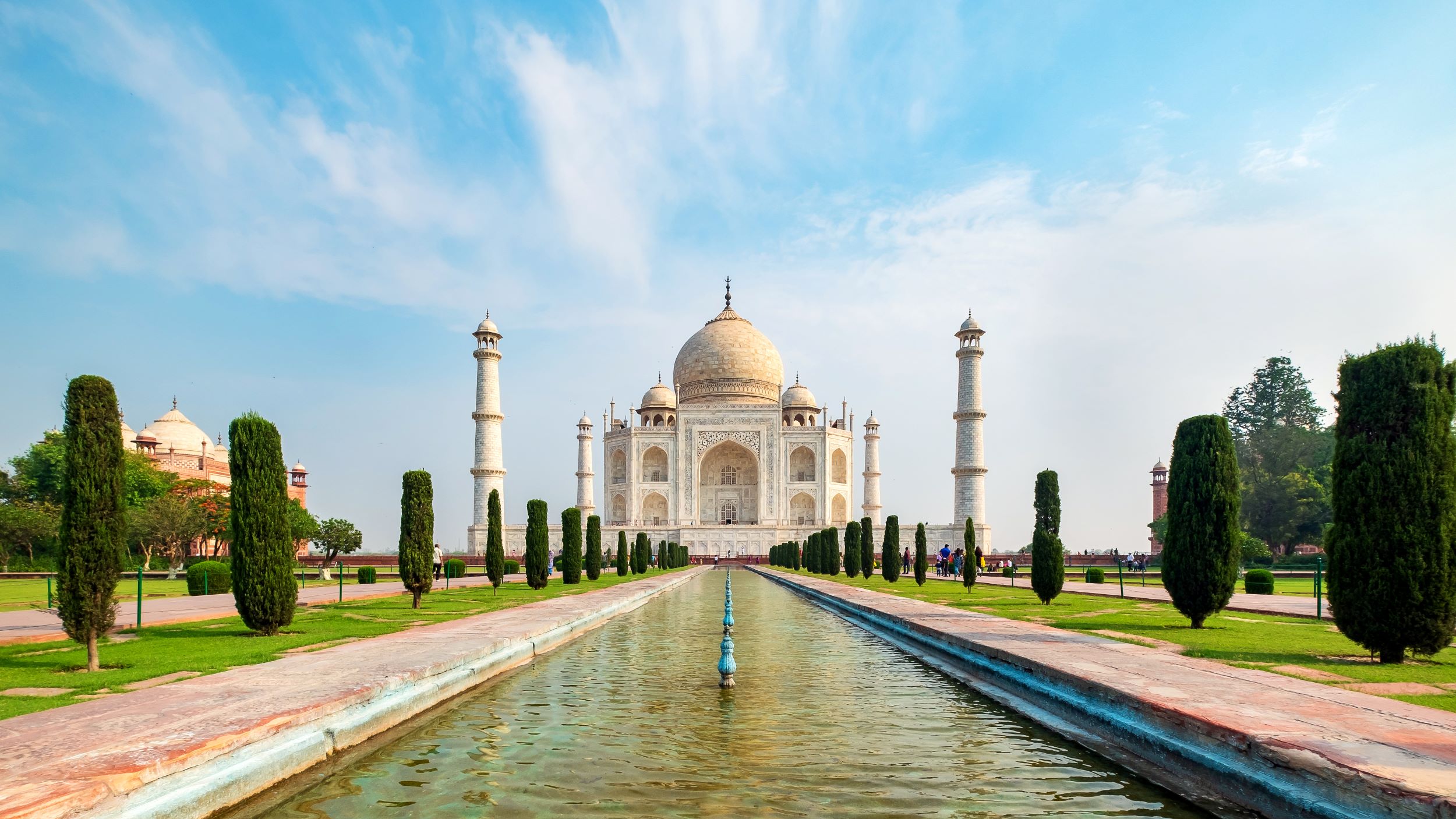
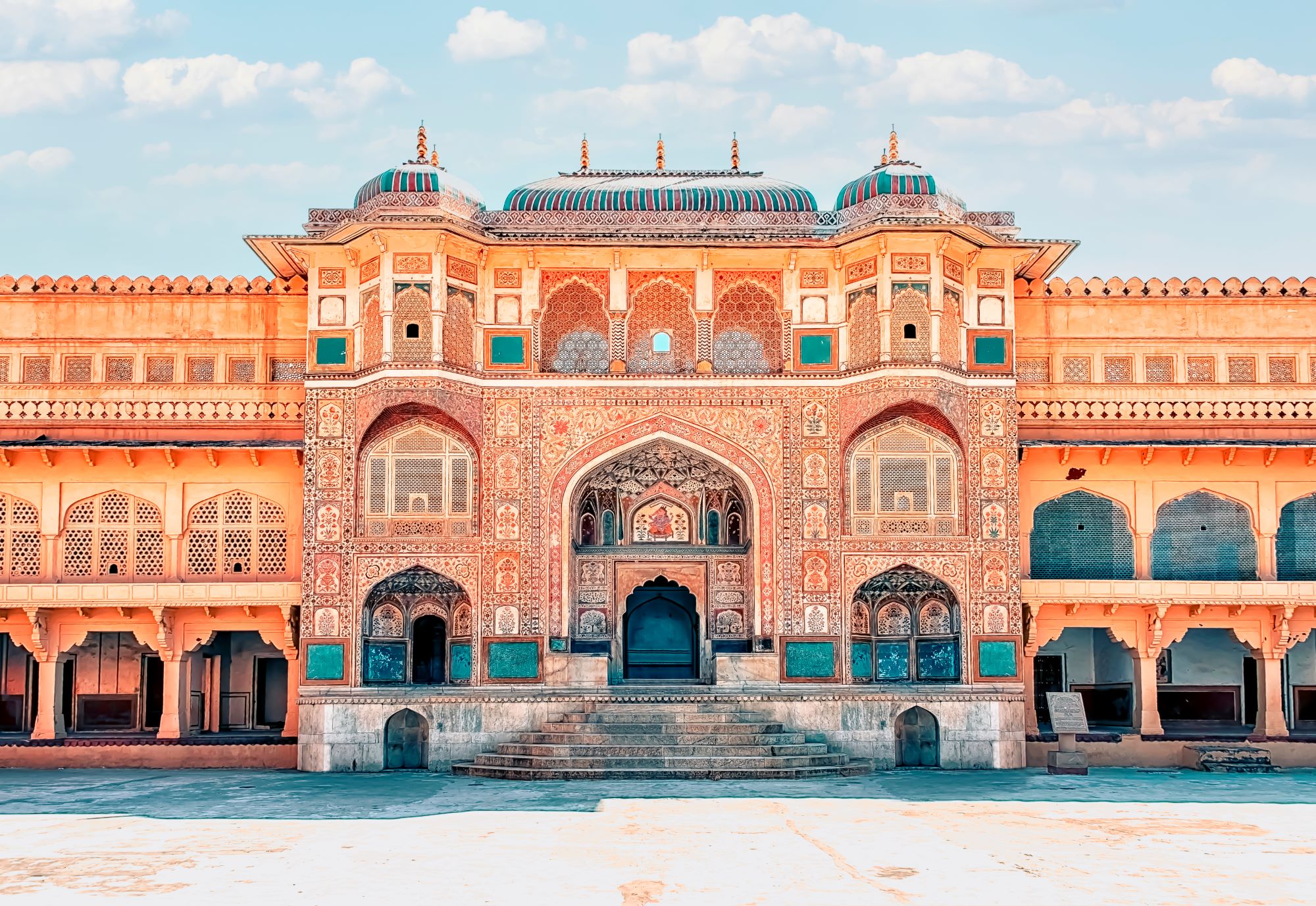
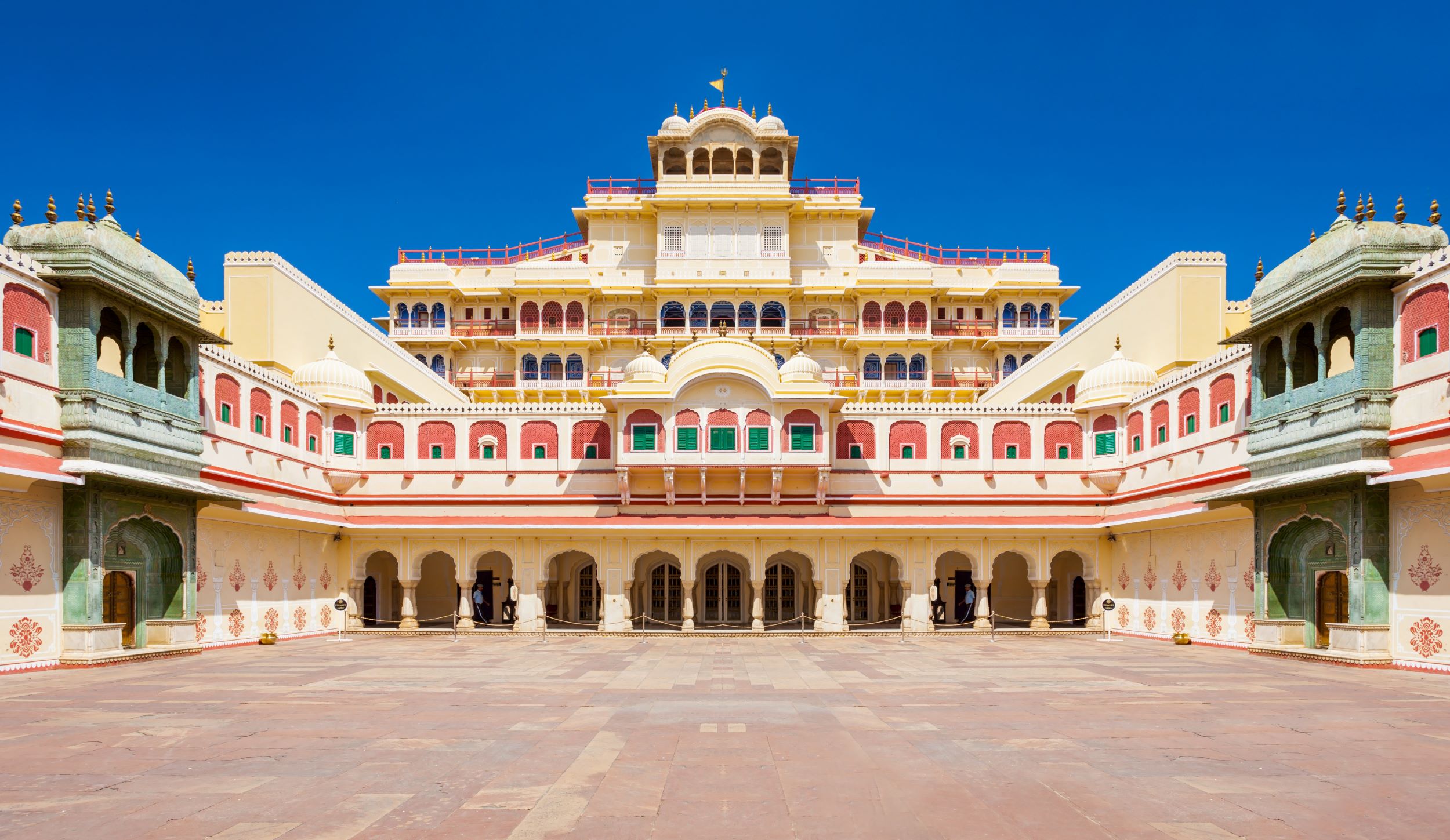
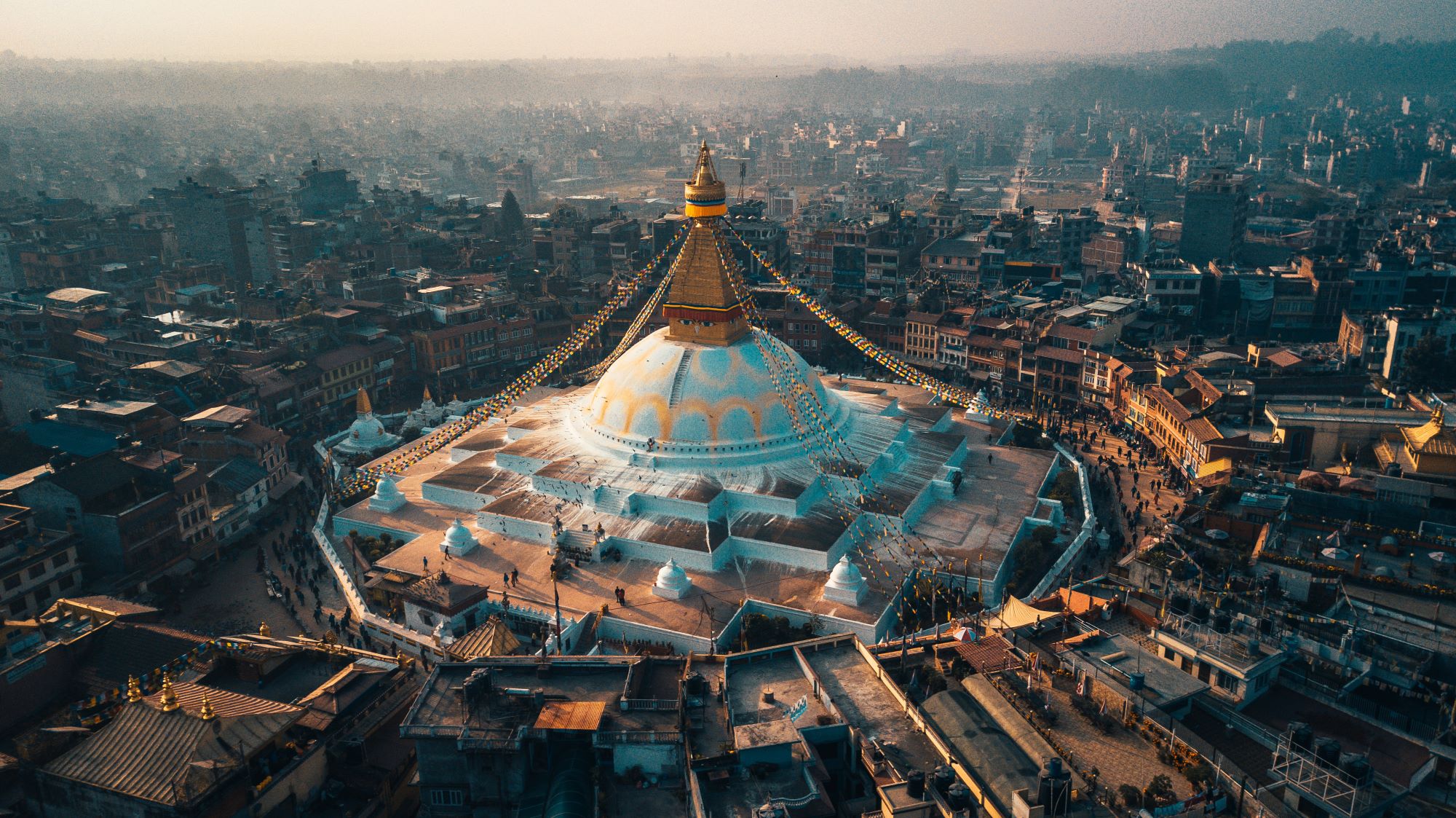
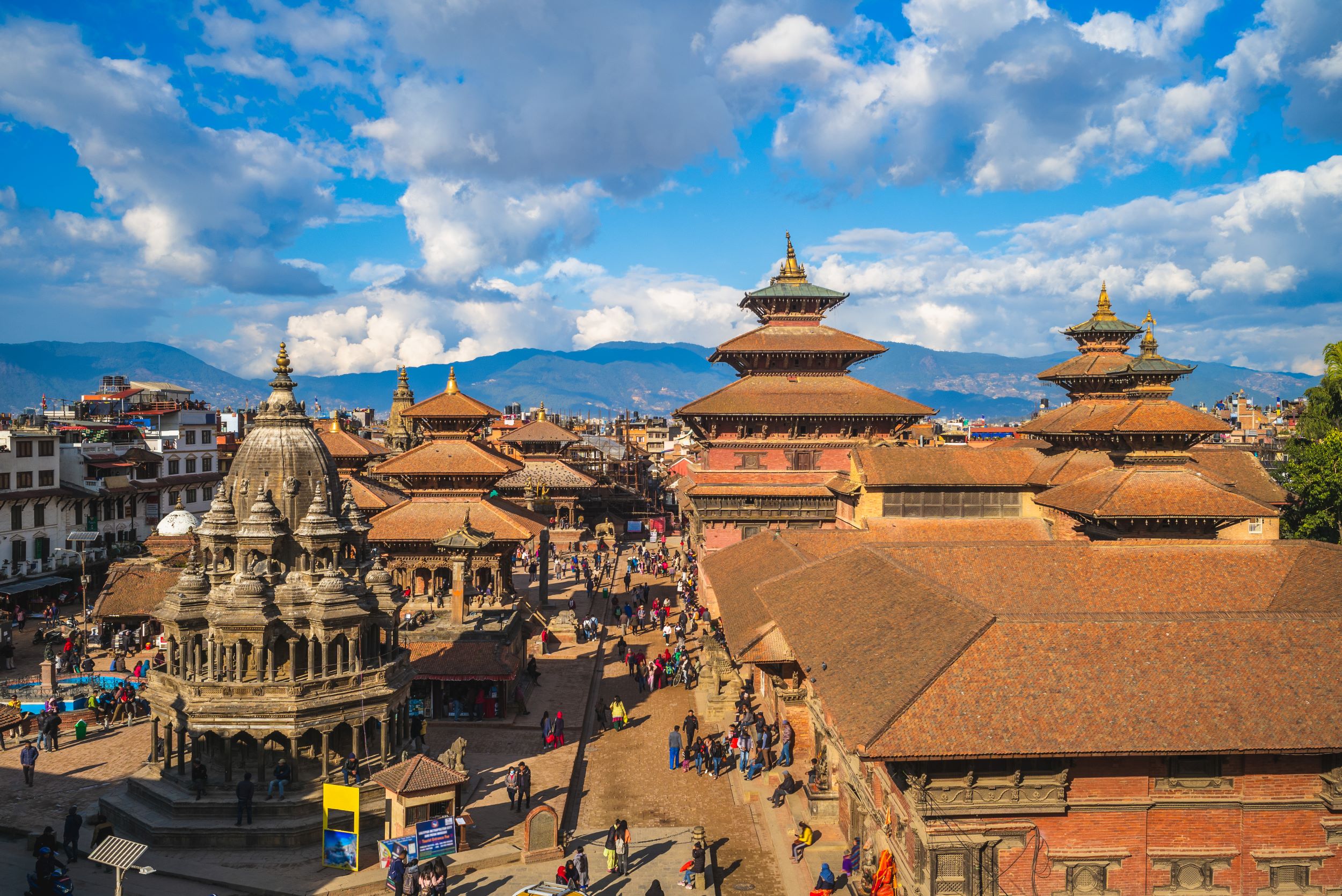
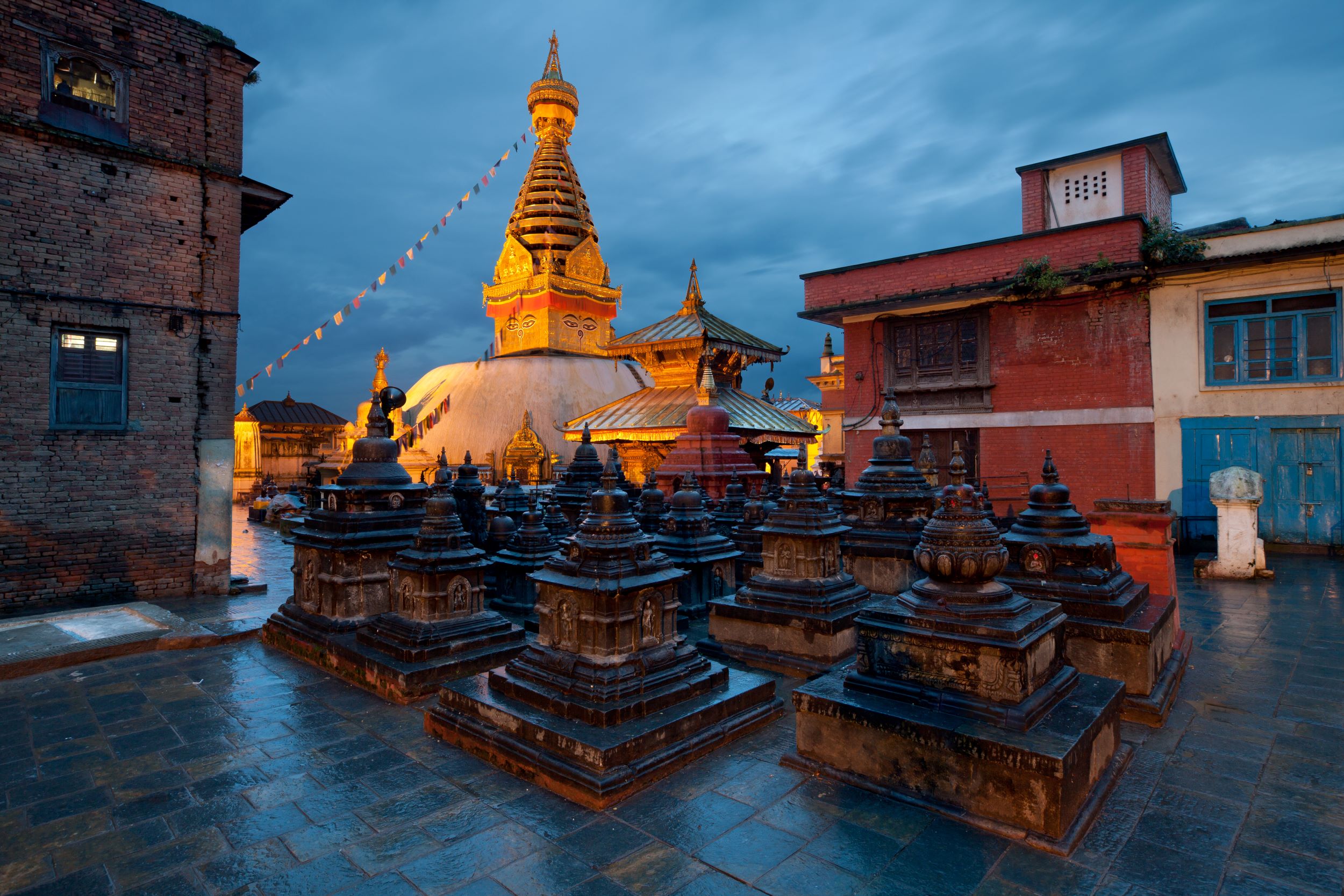
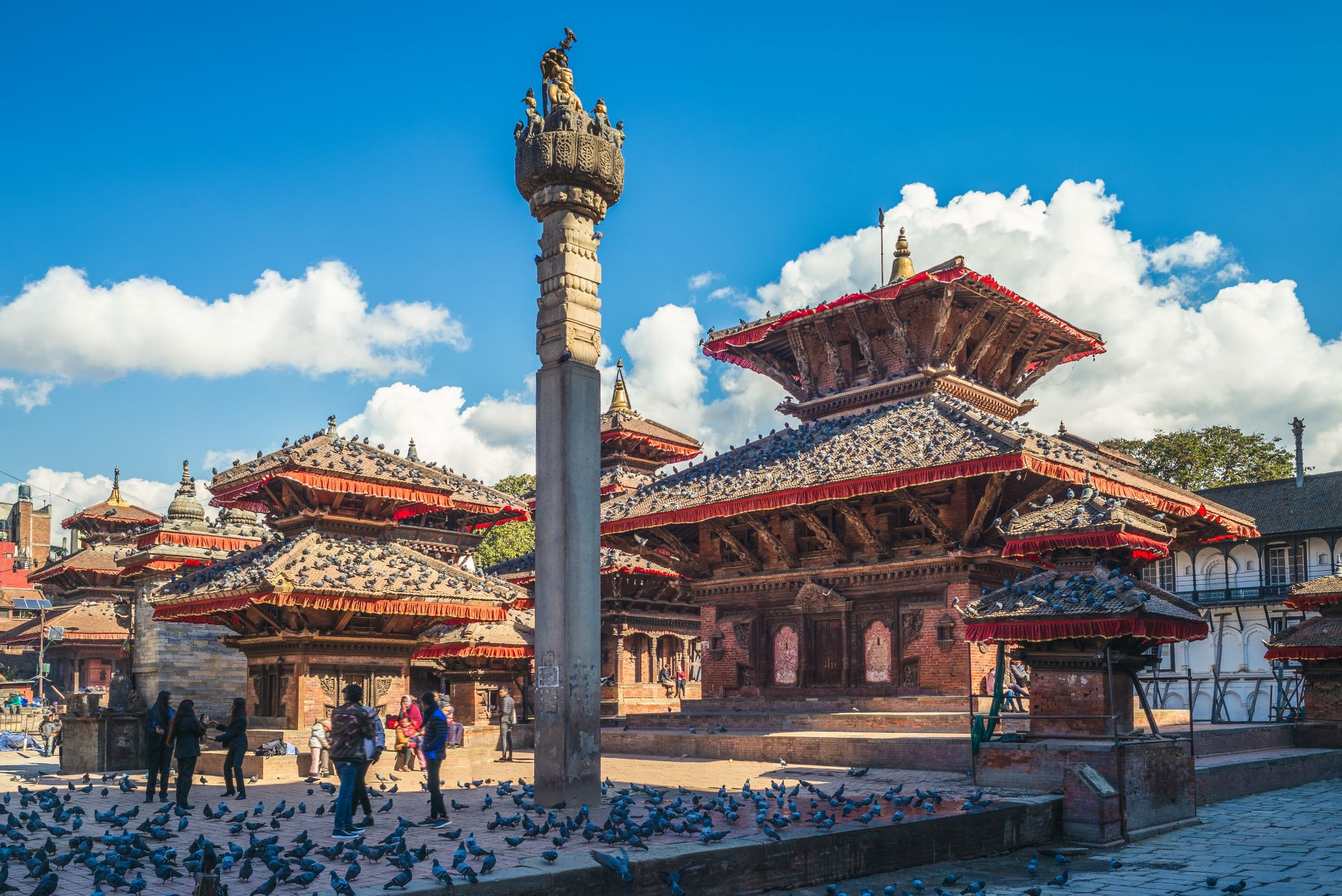
_buddhist_temple_in_pokhara_nepal.jpg)
